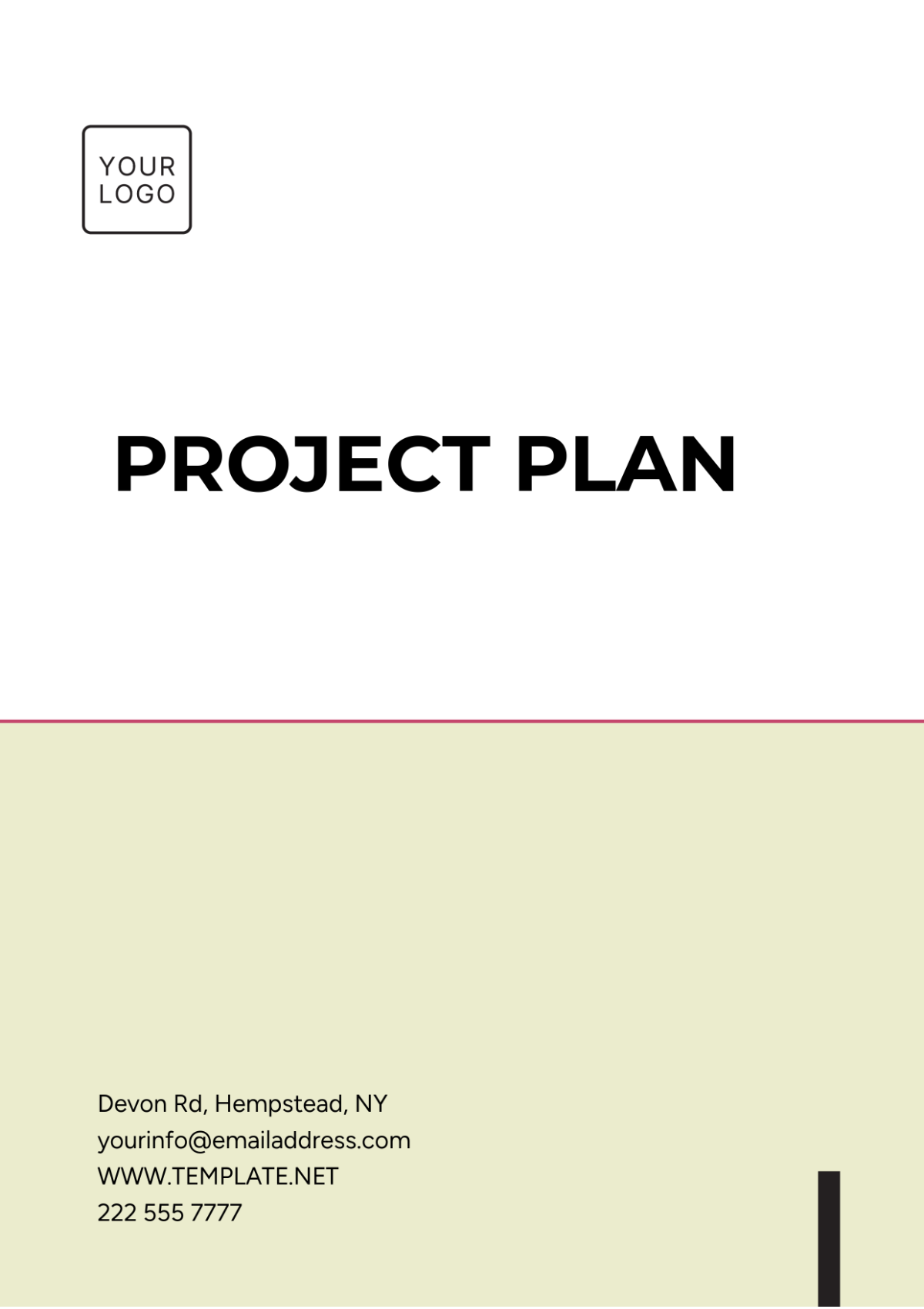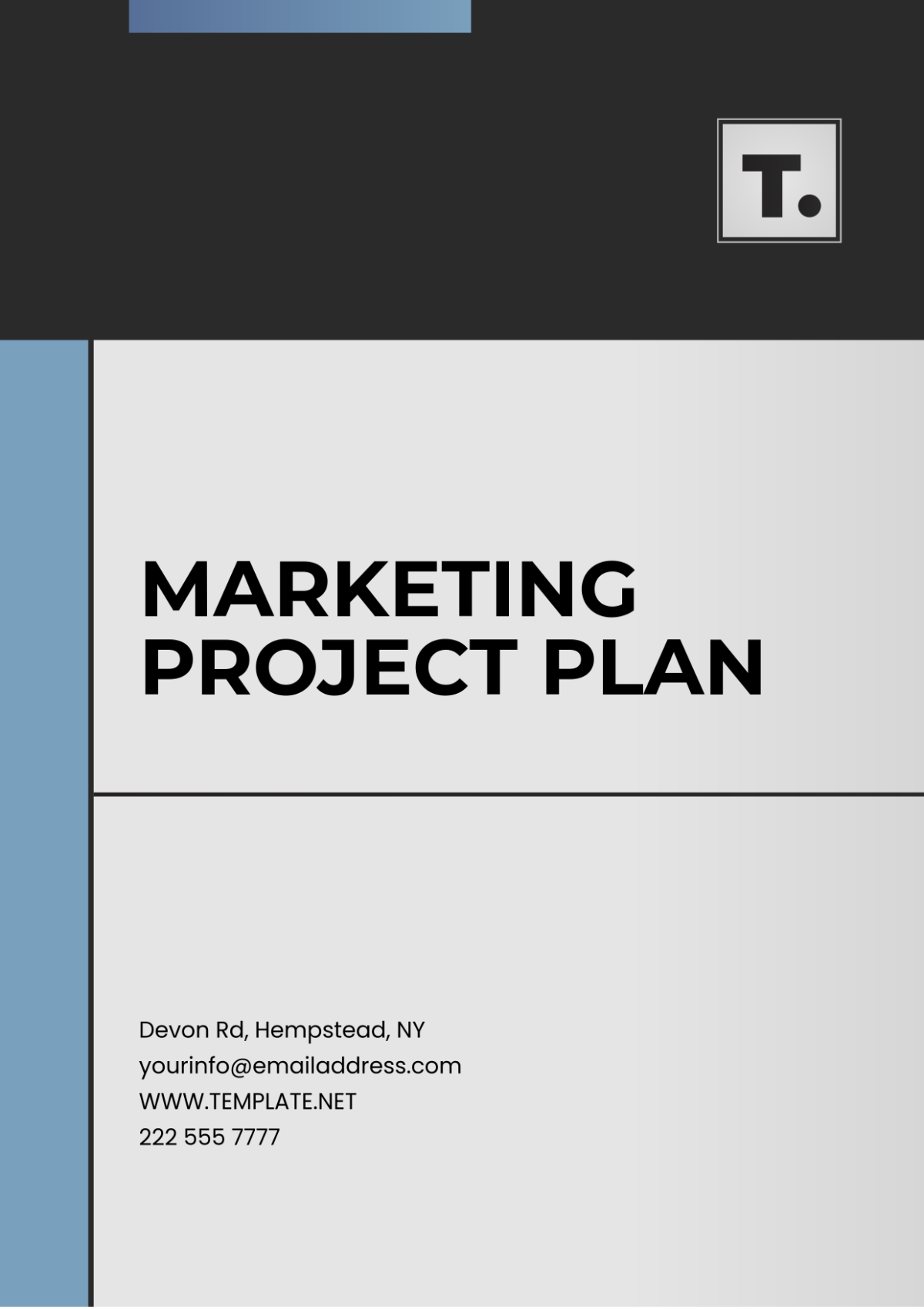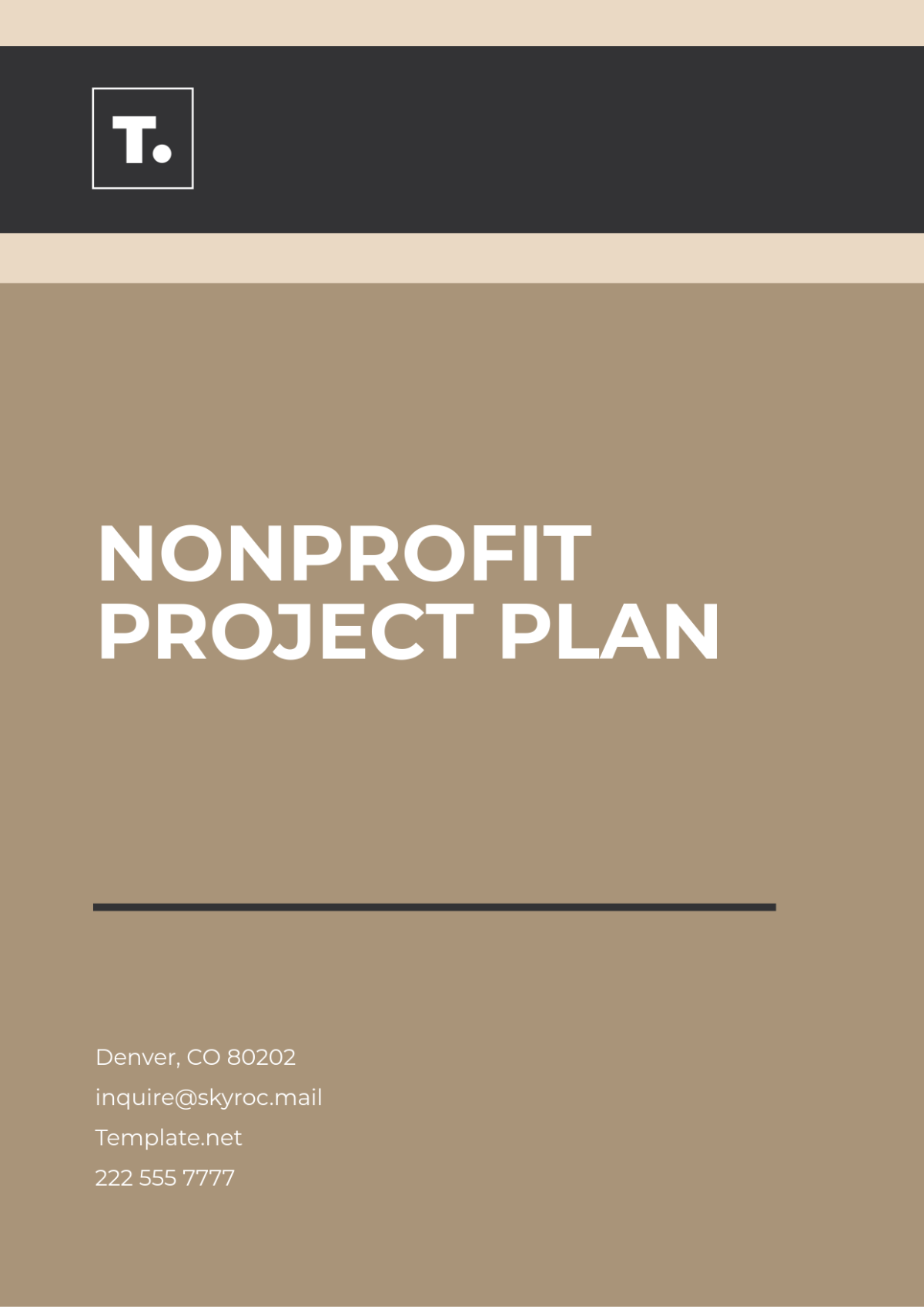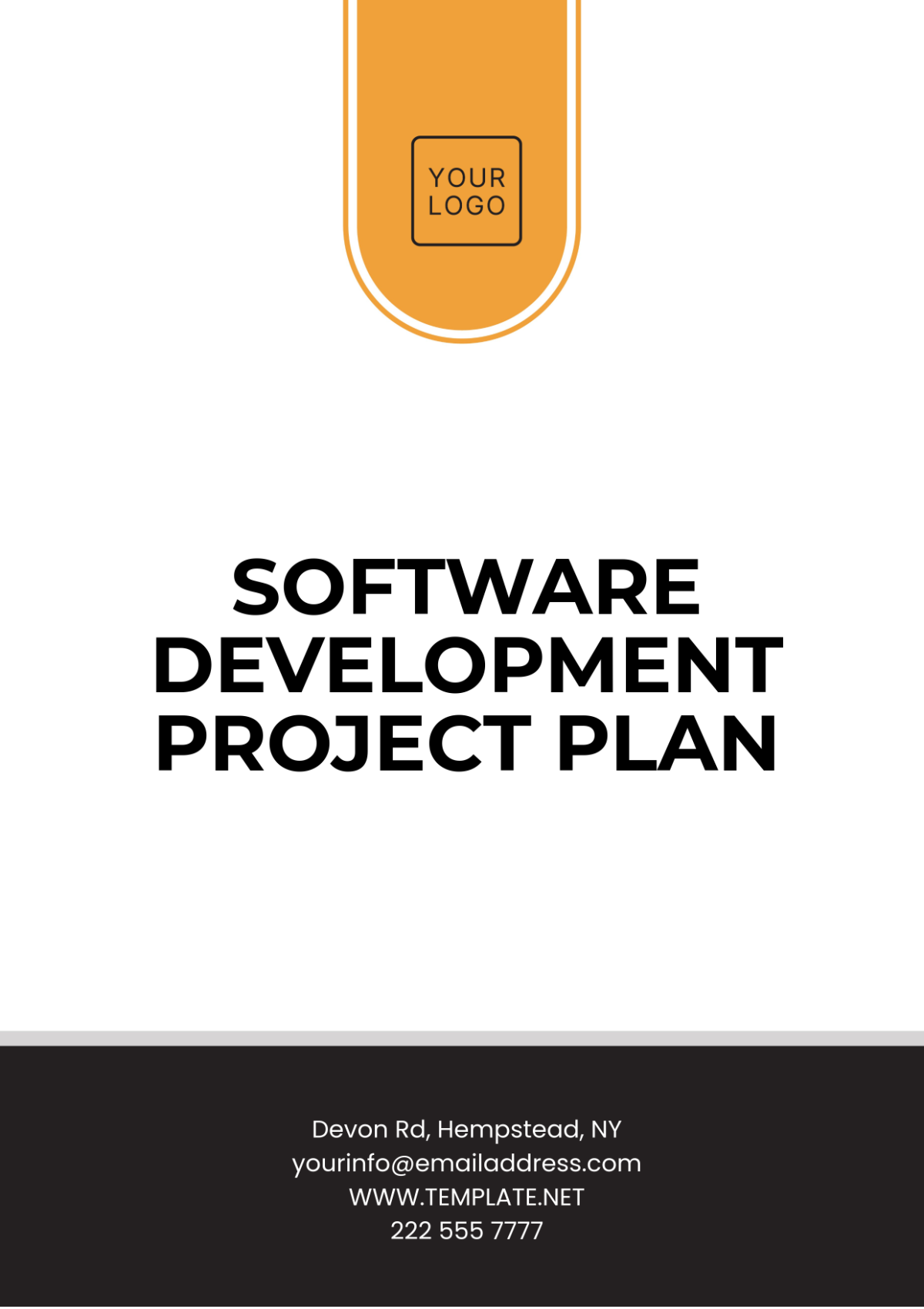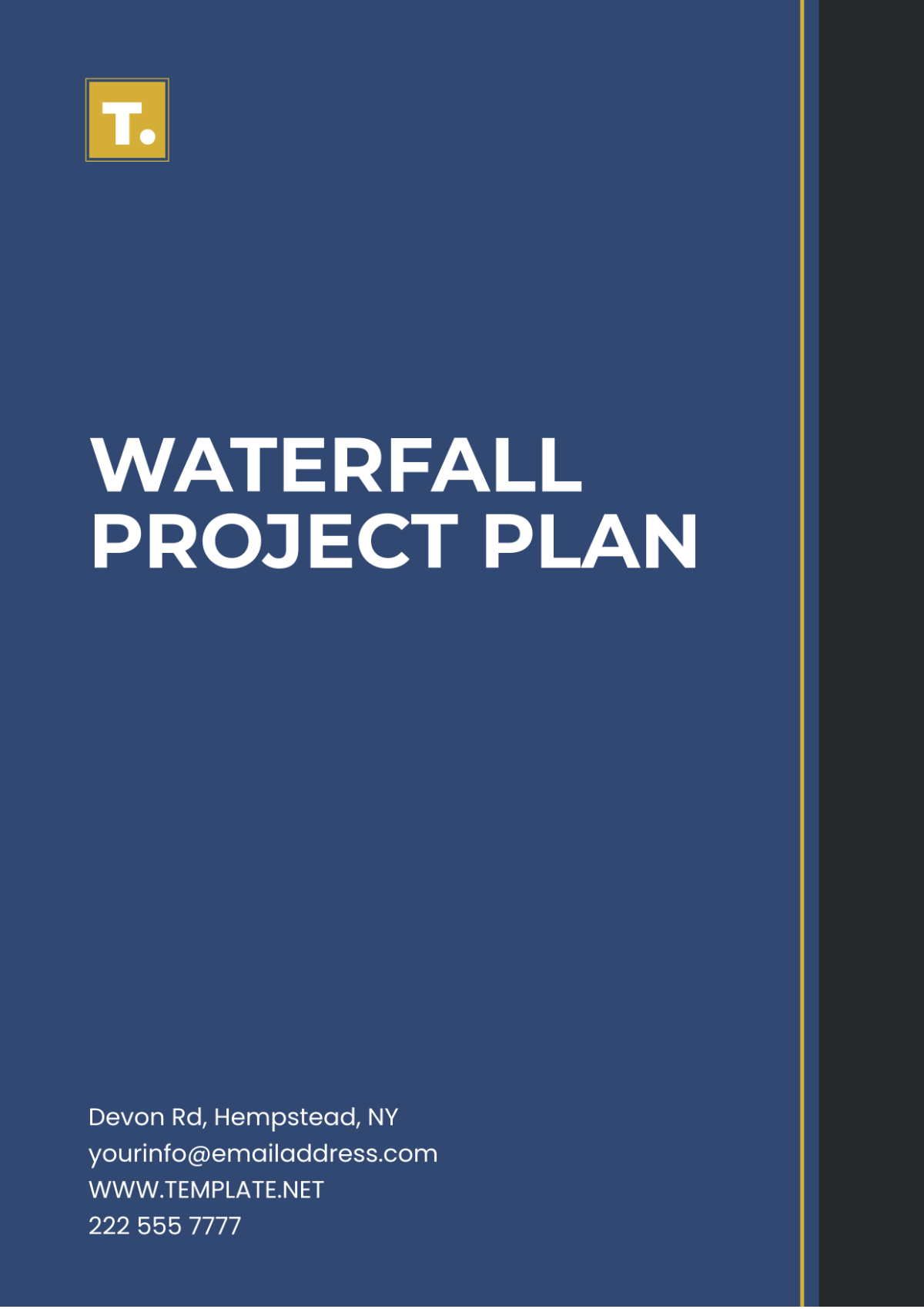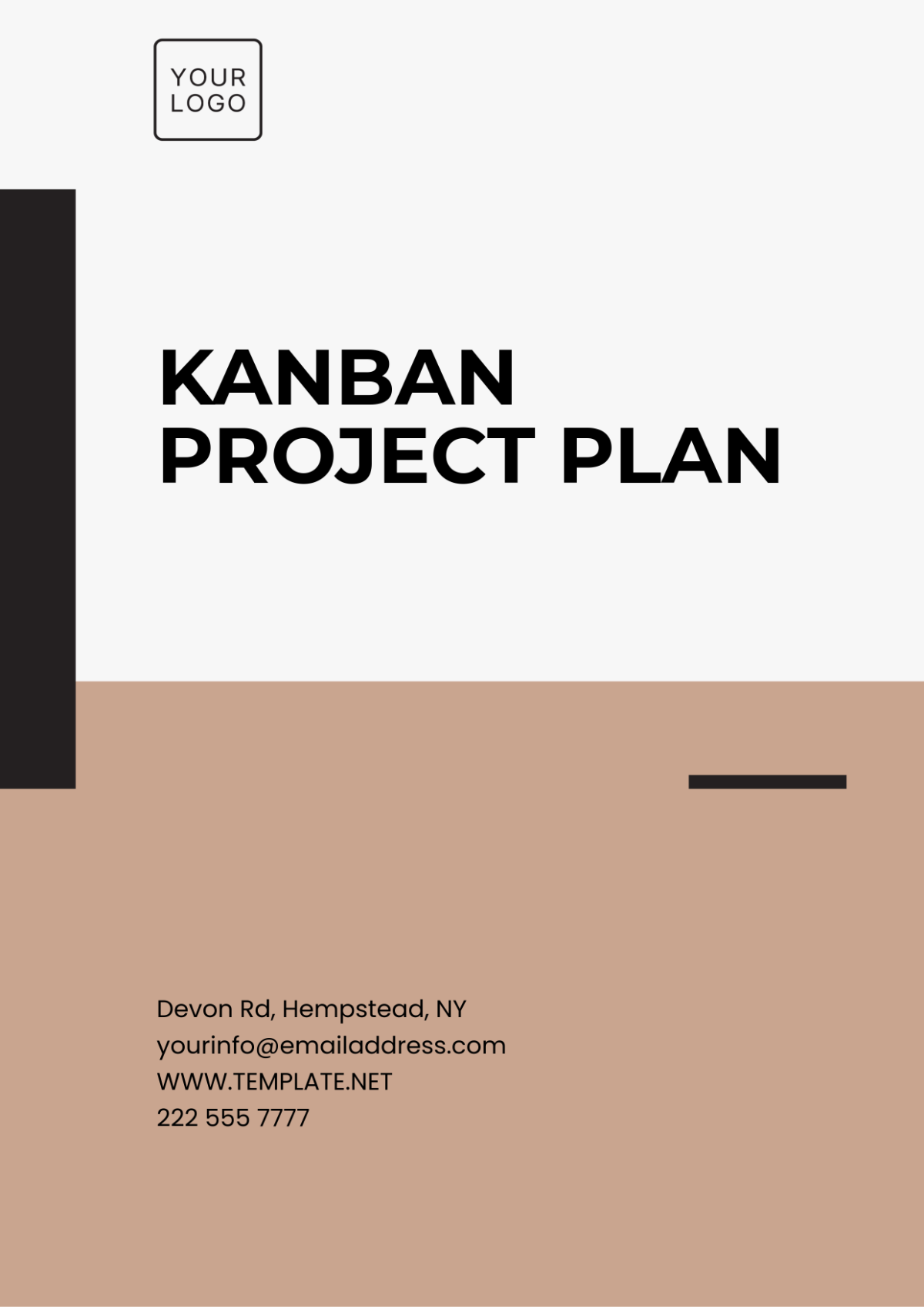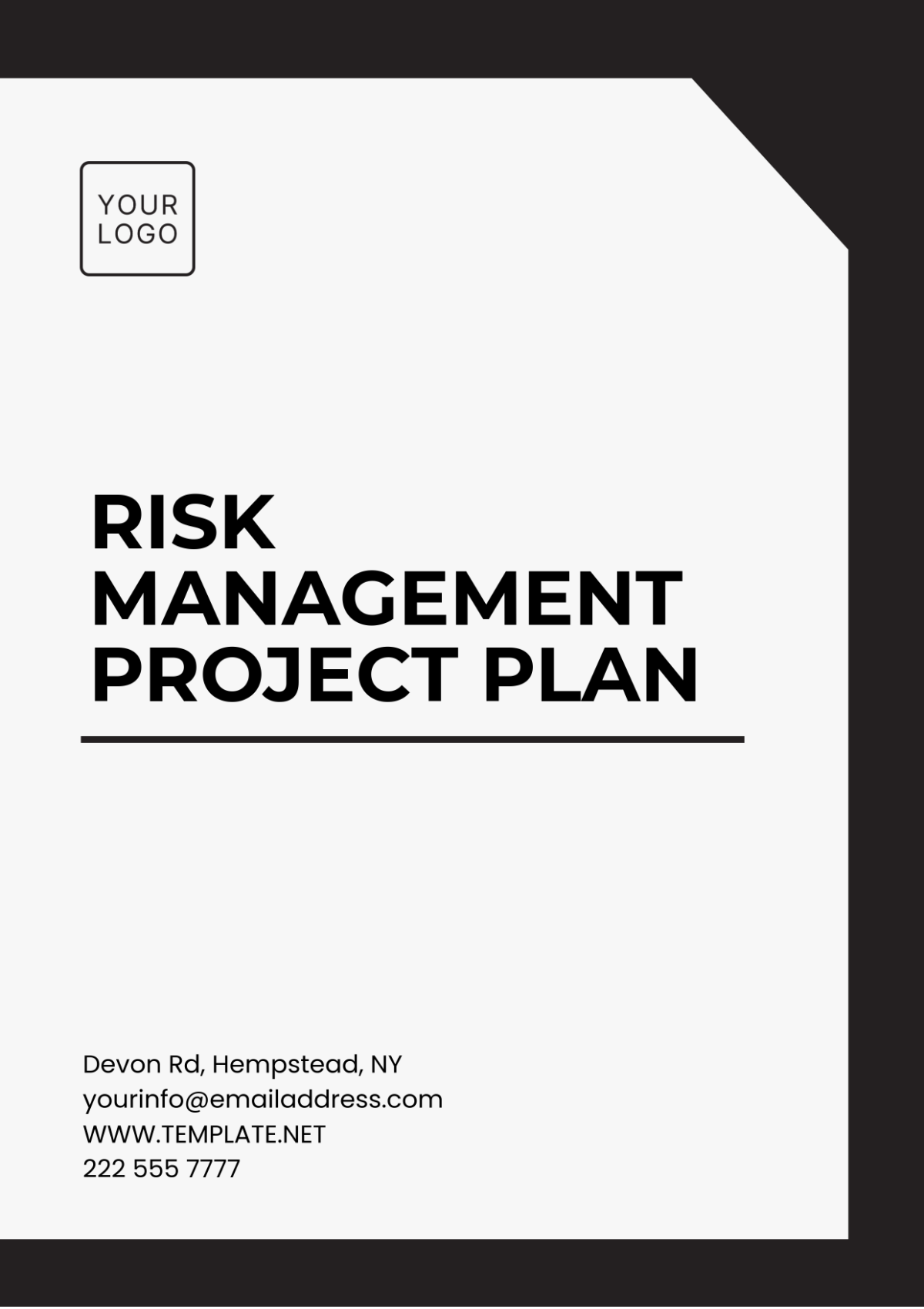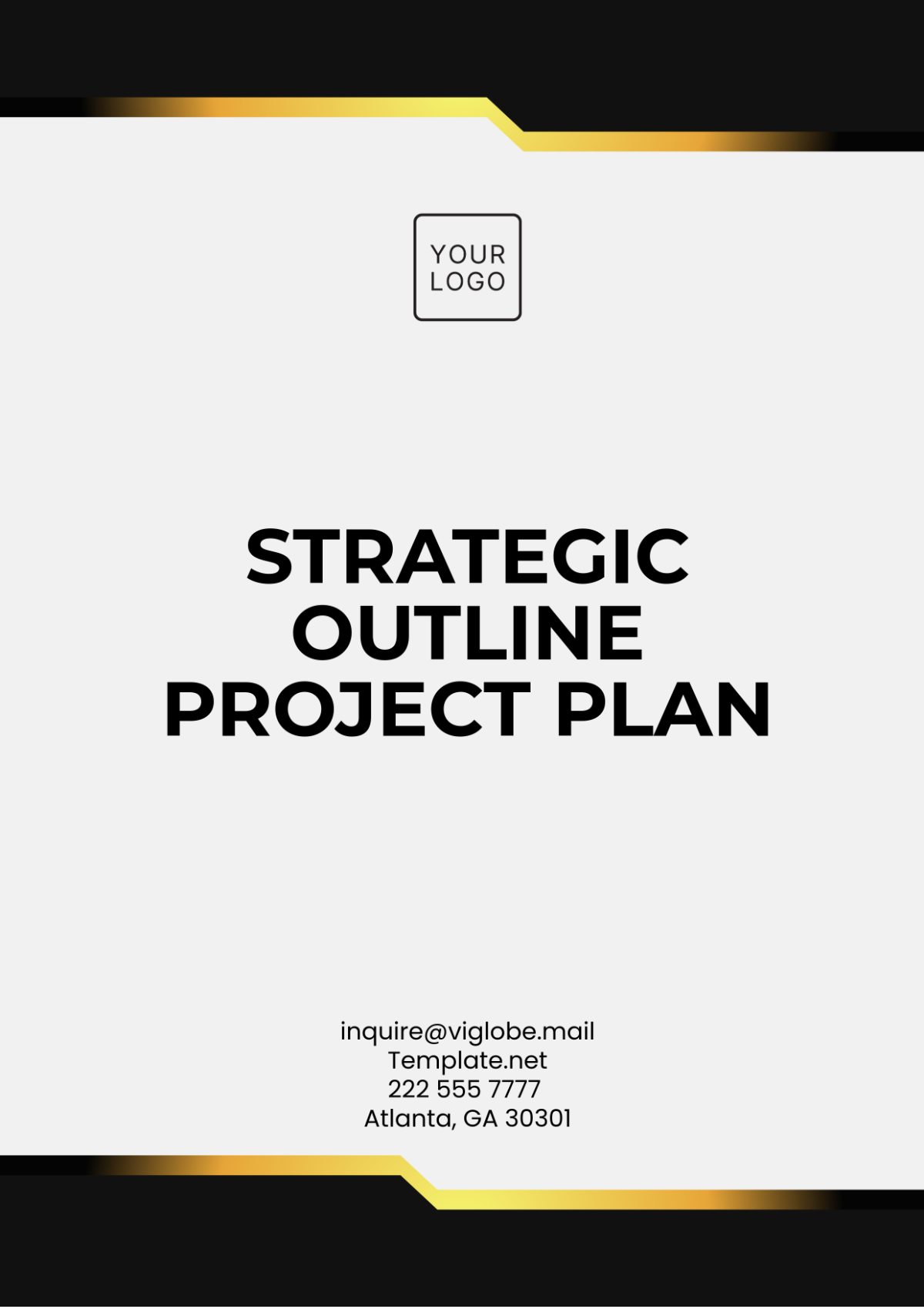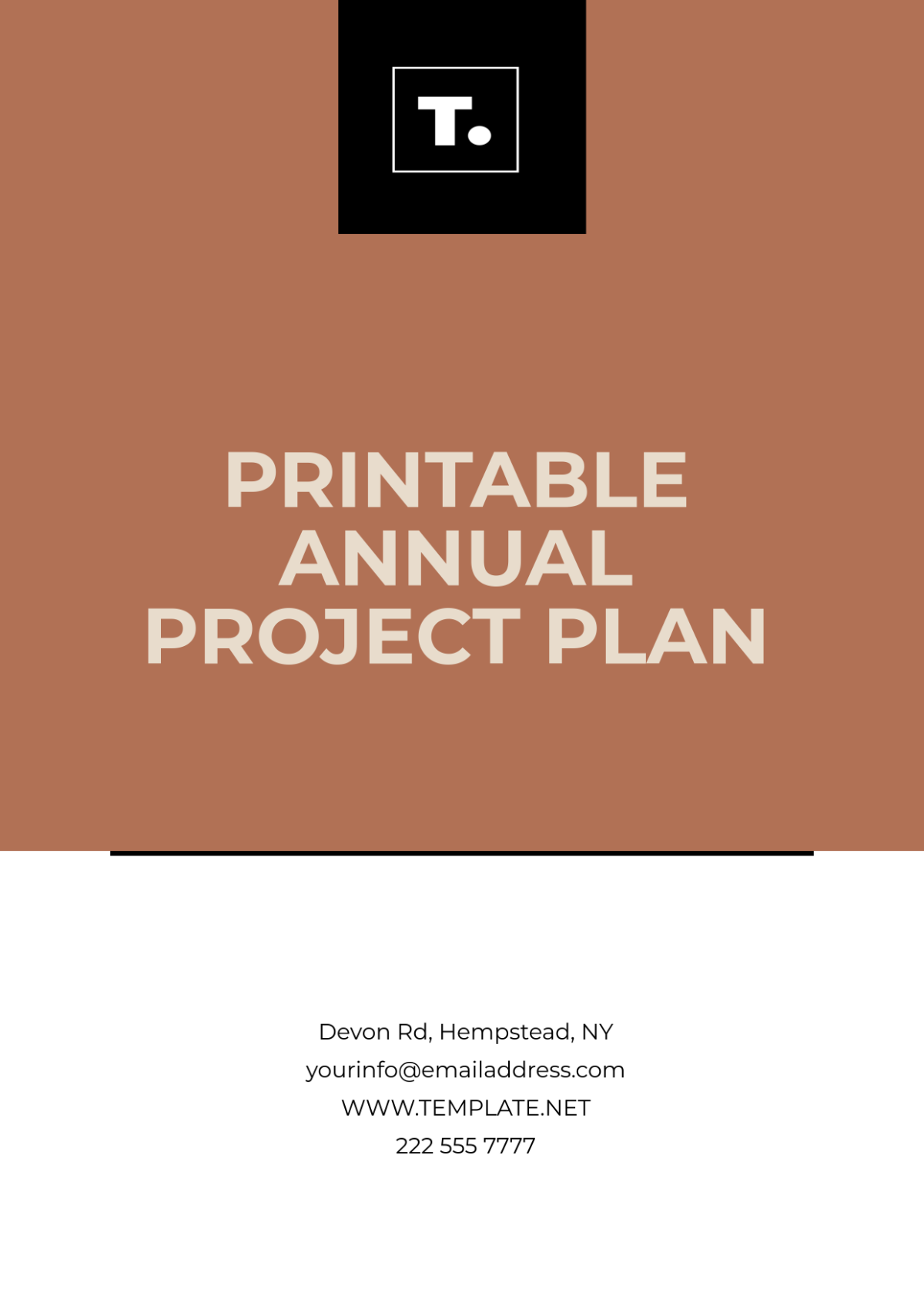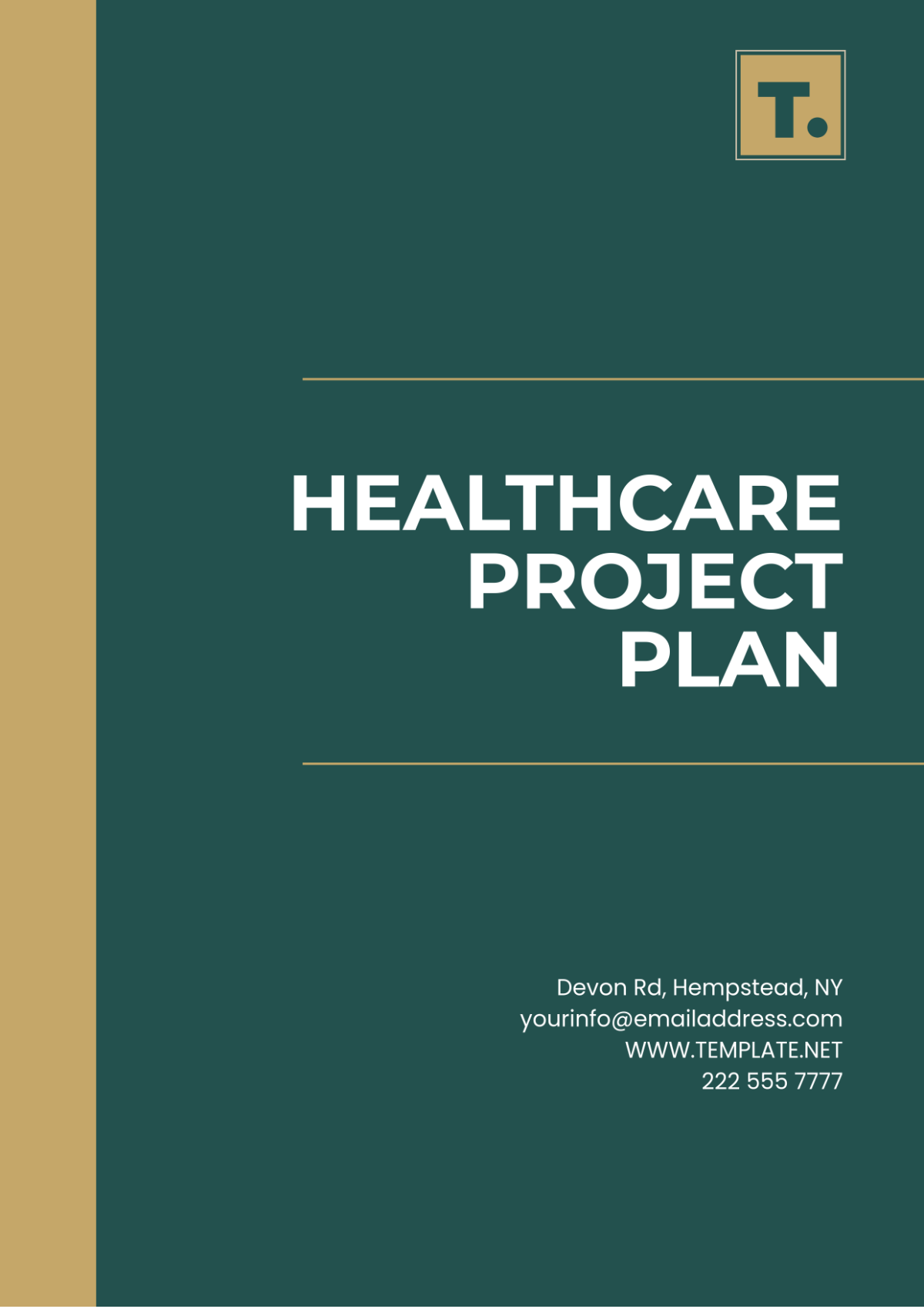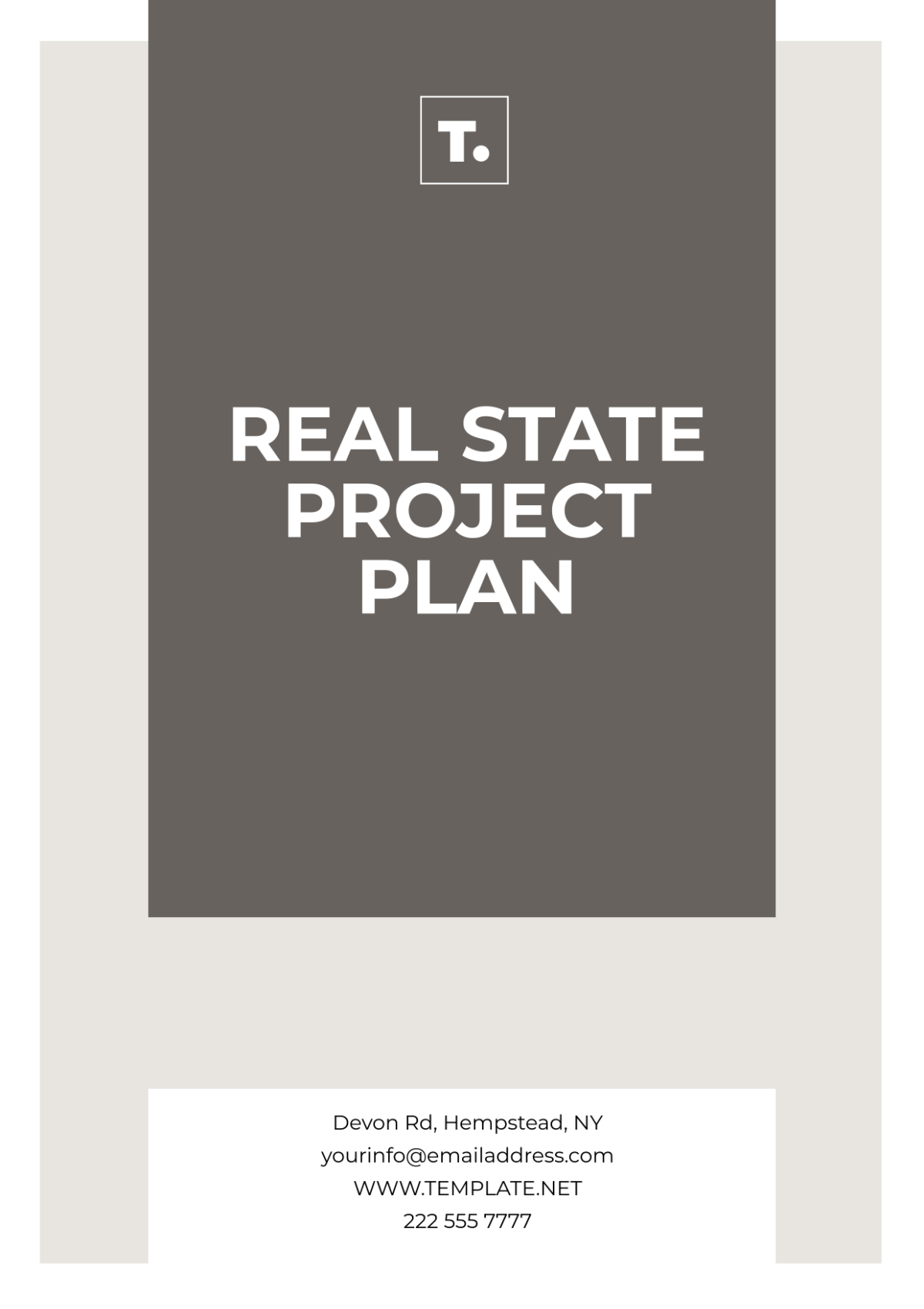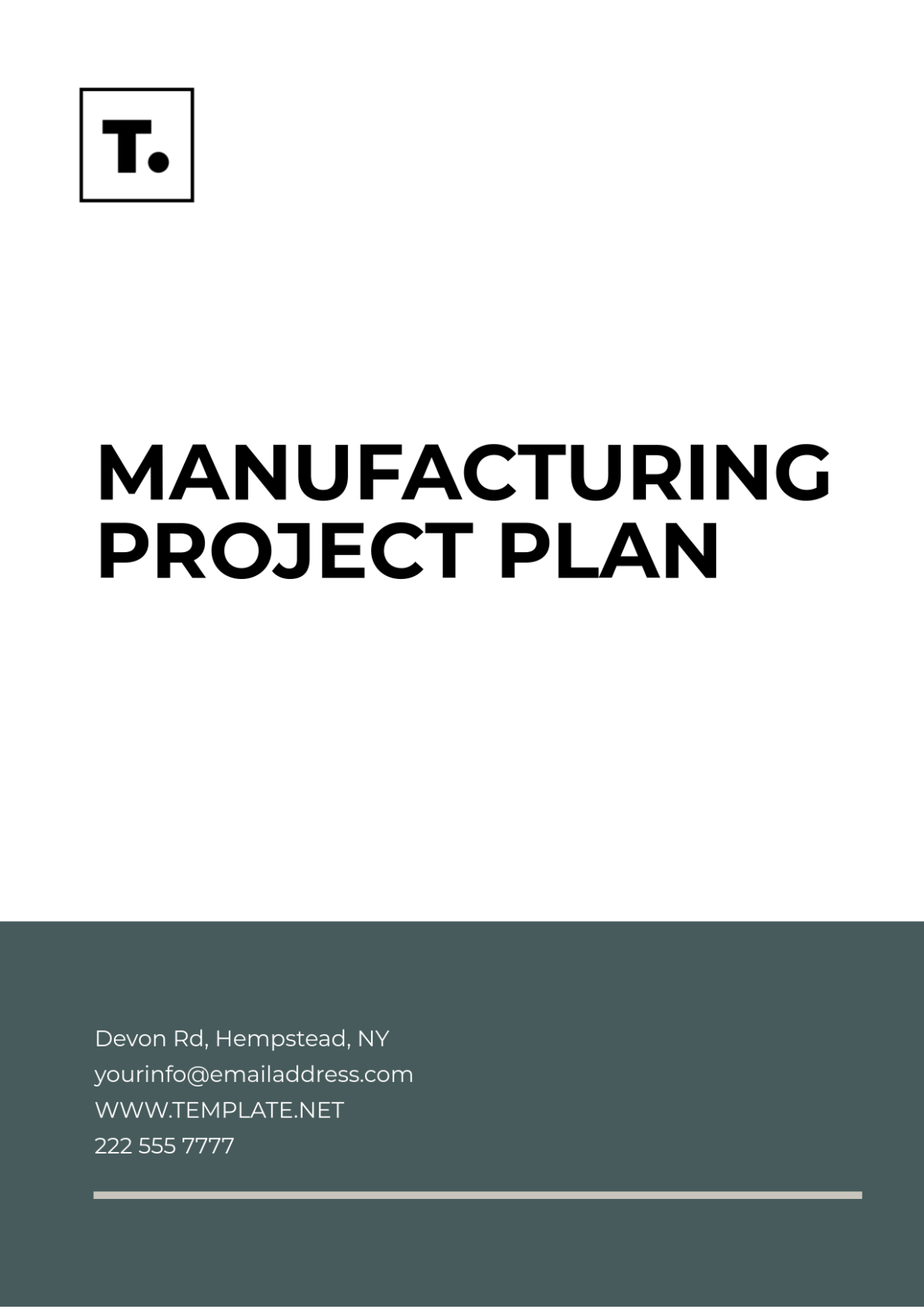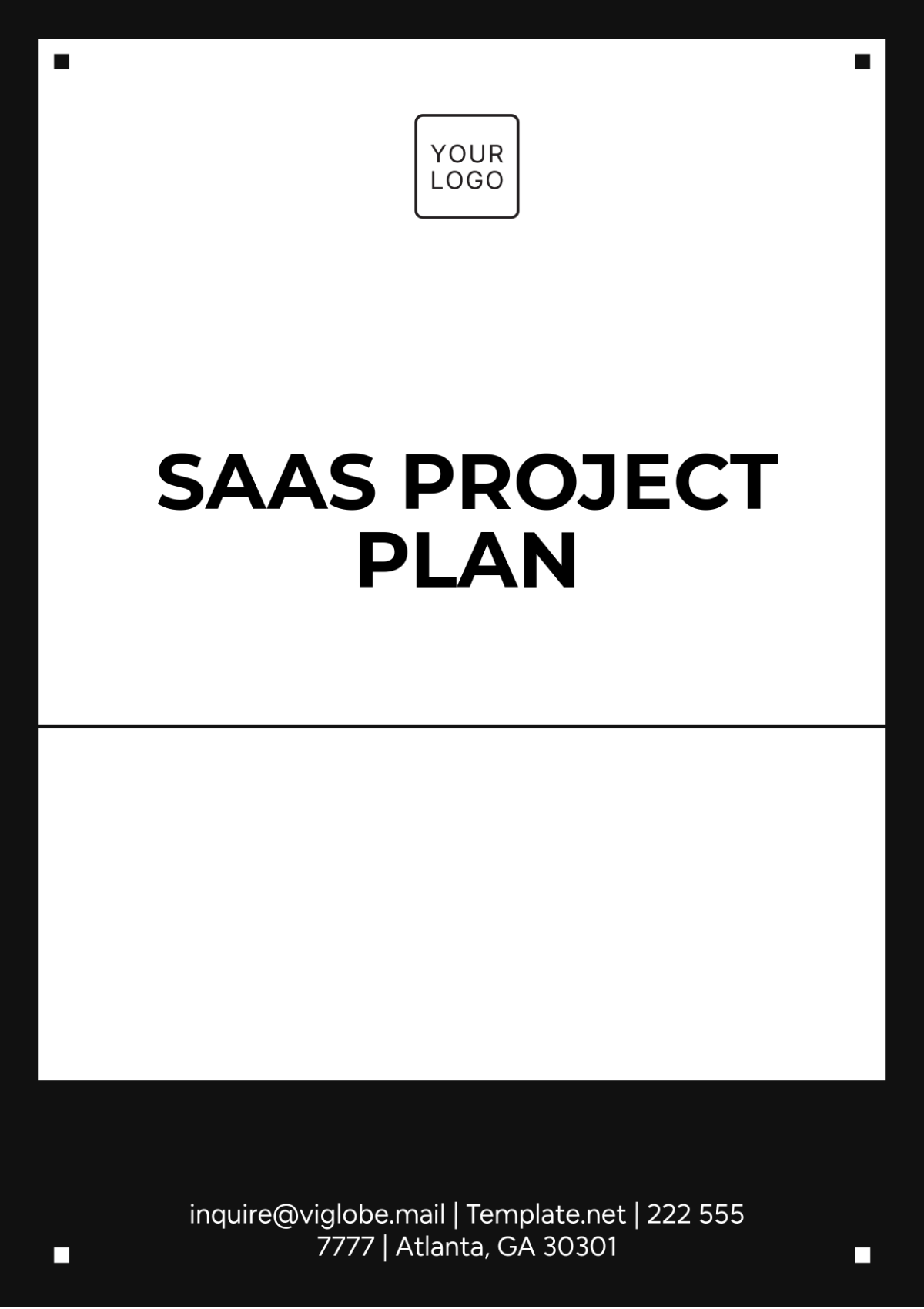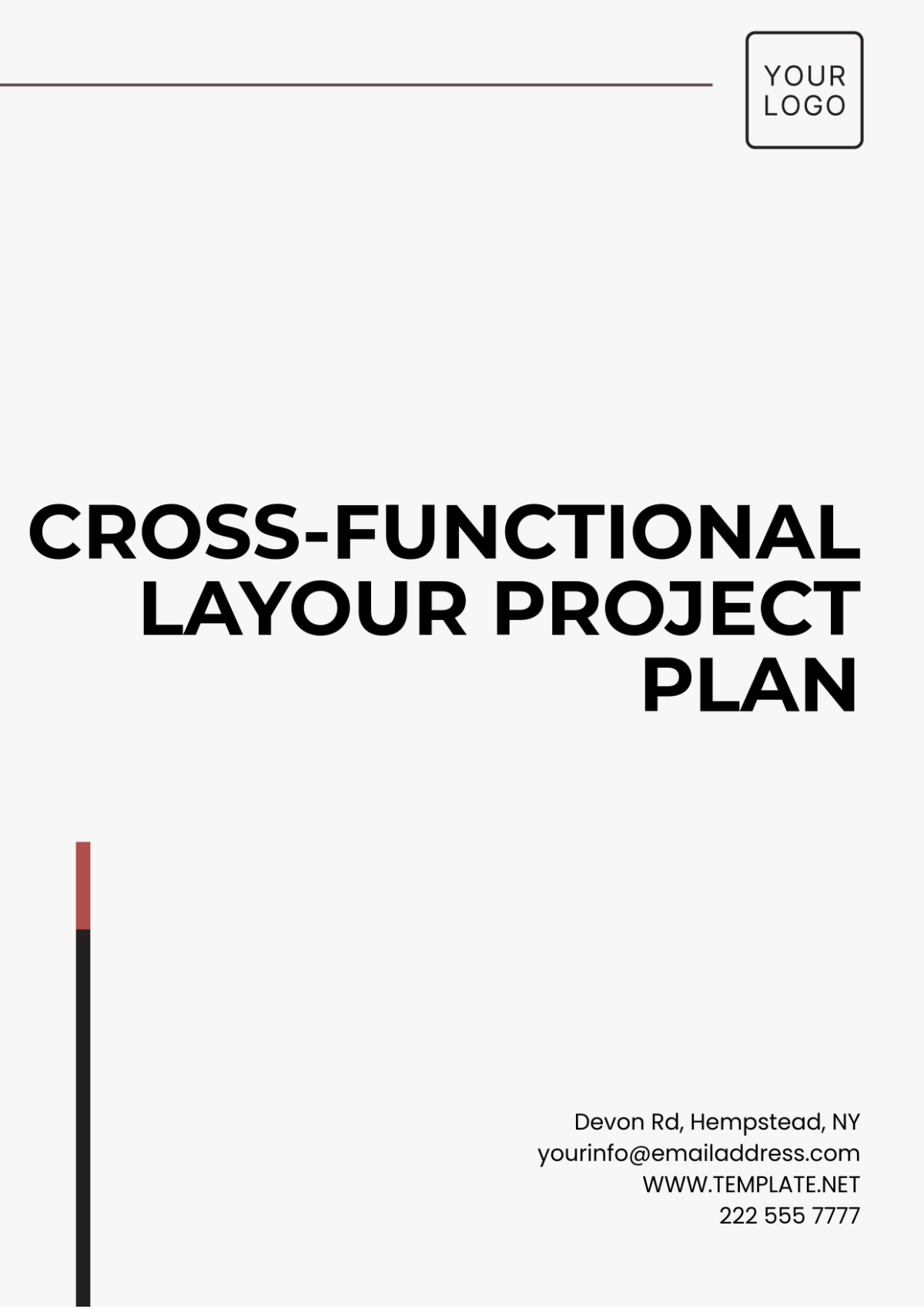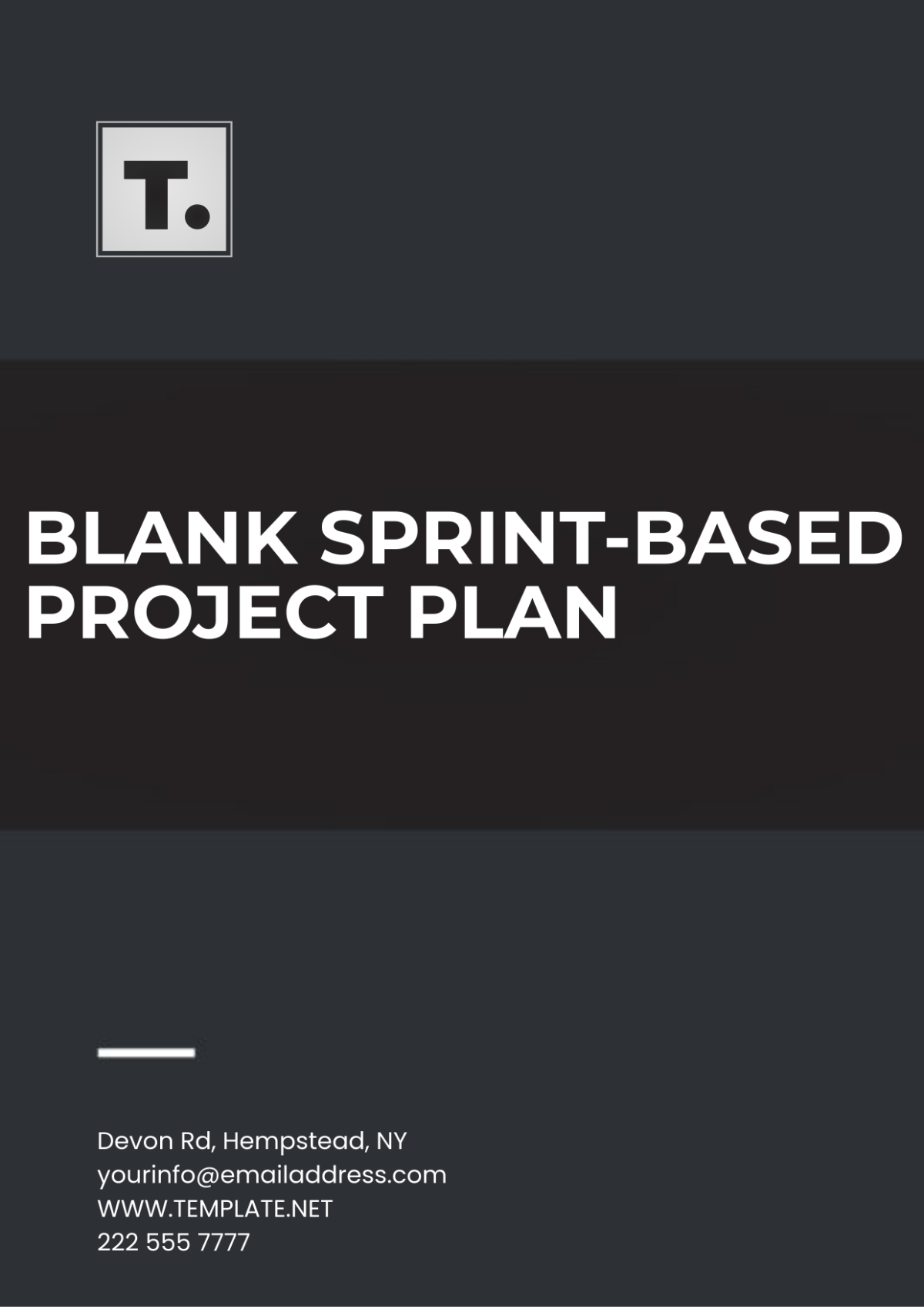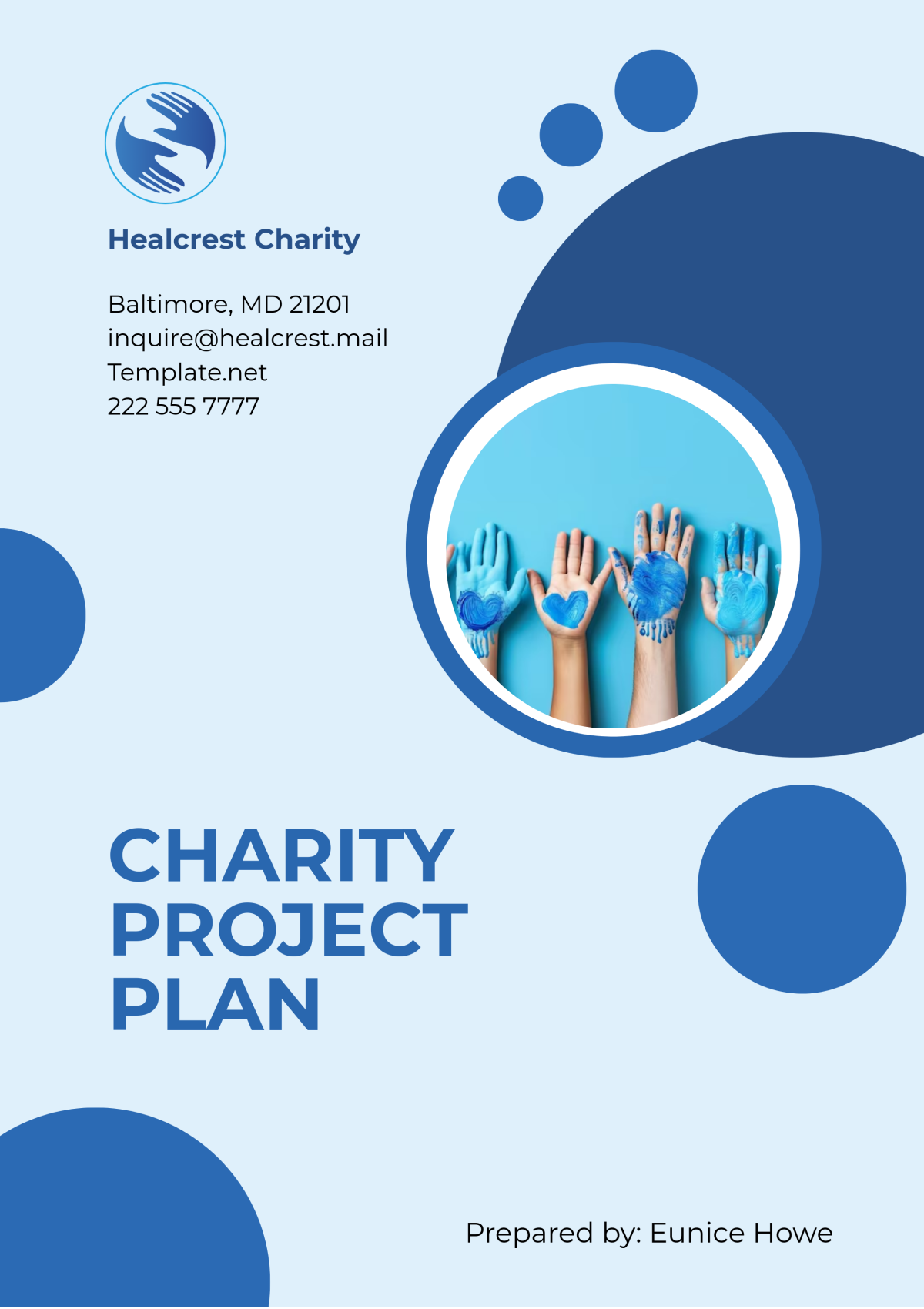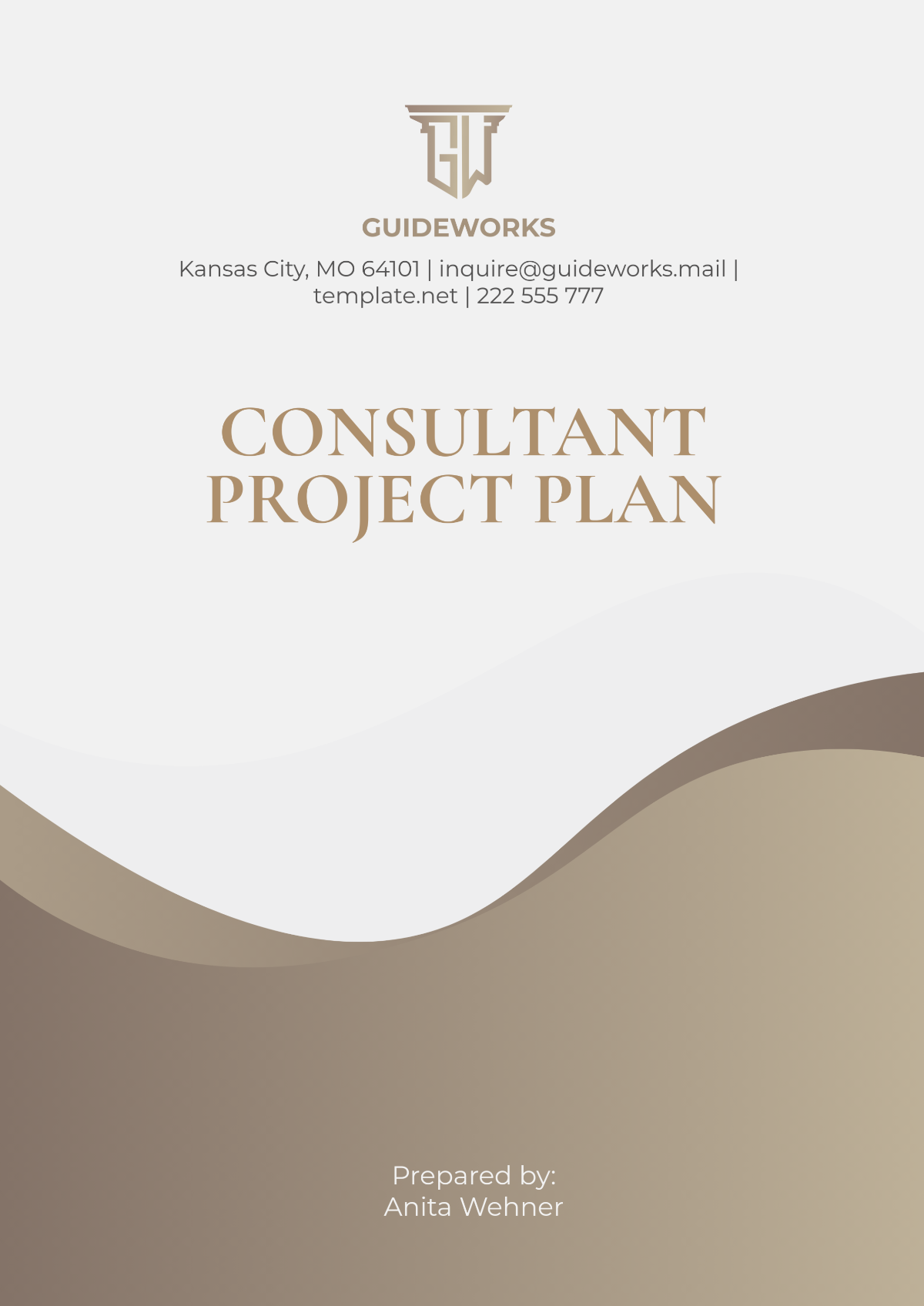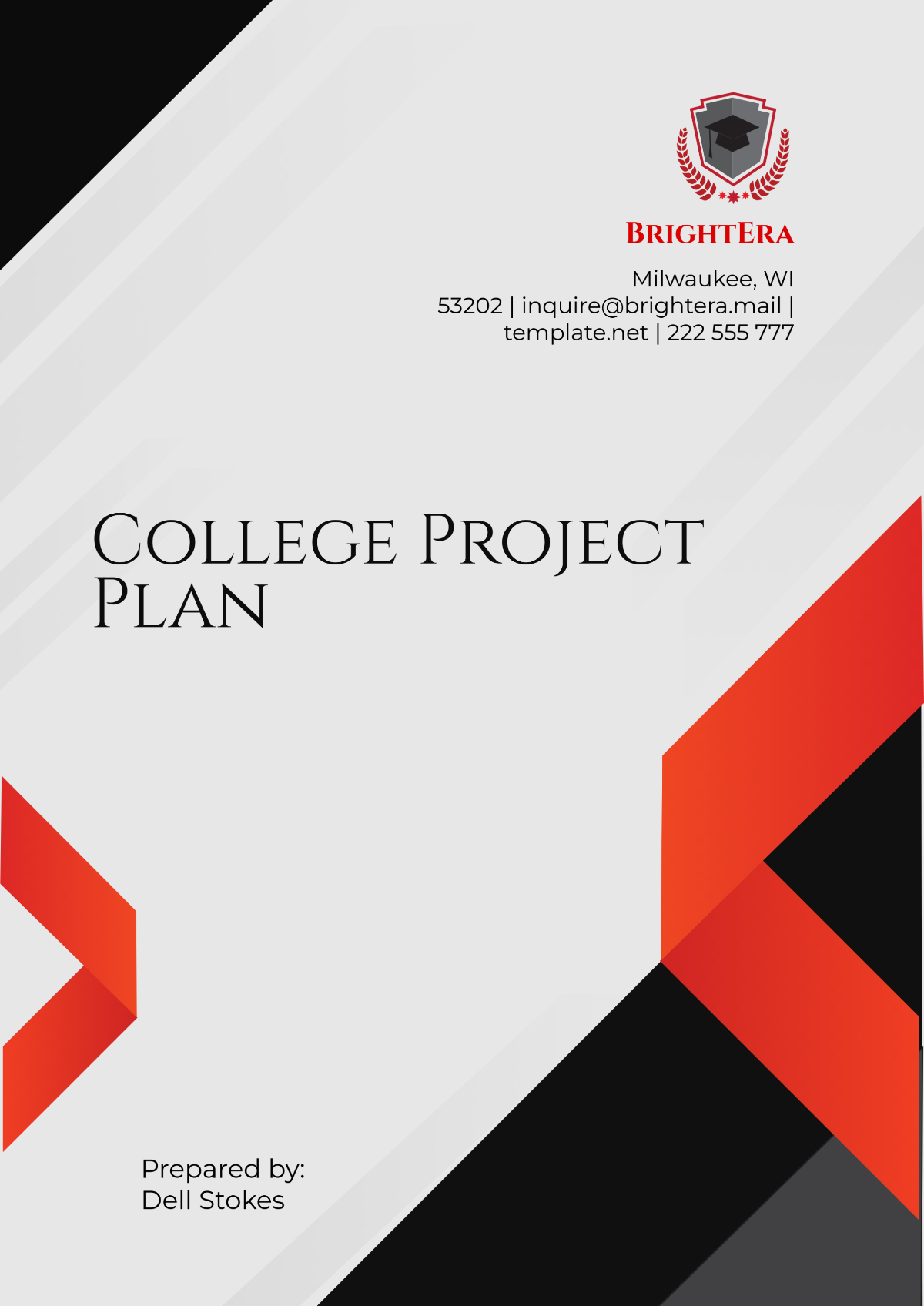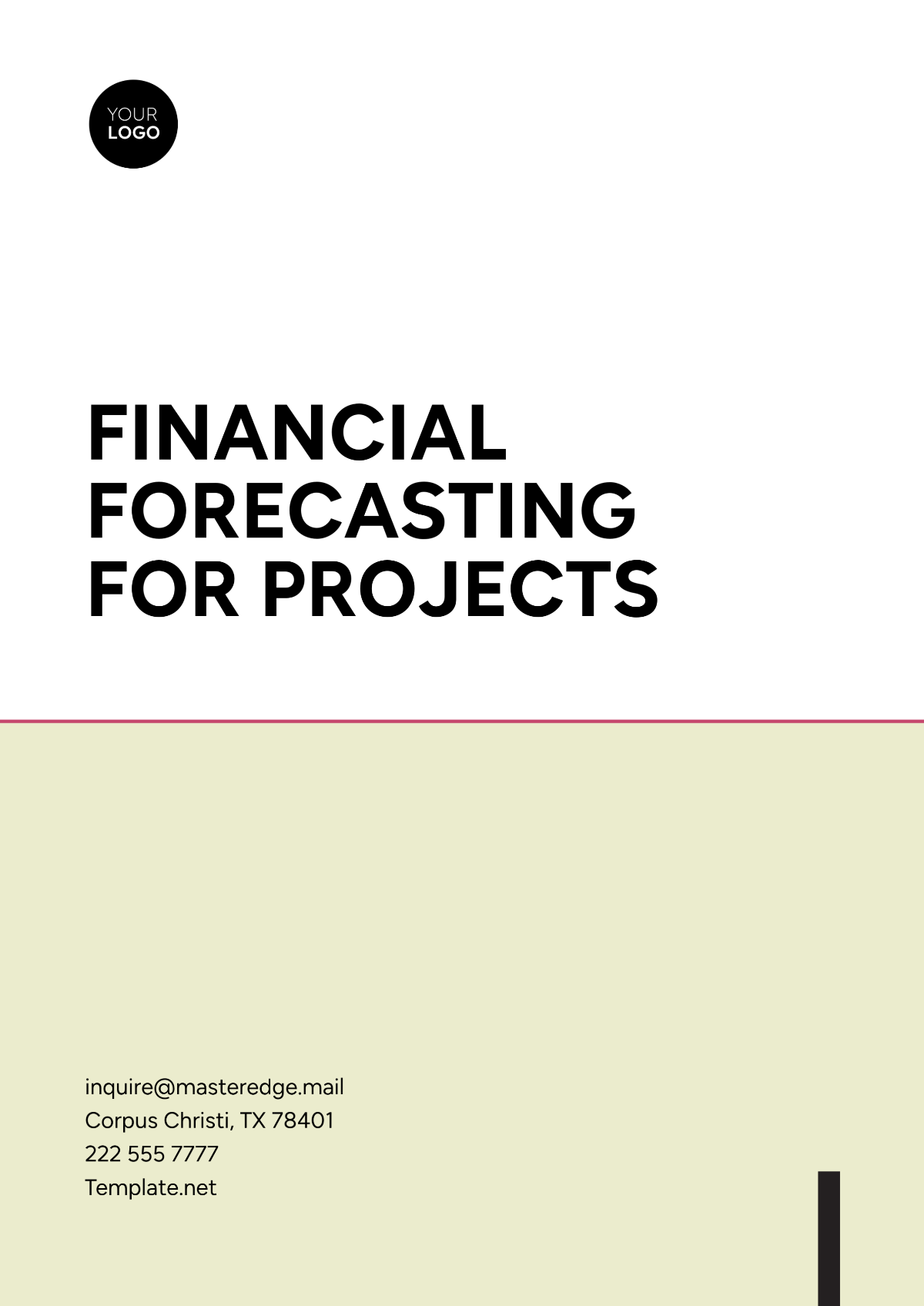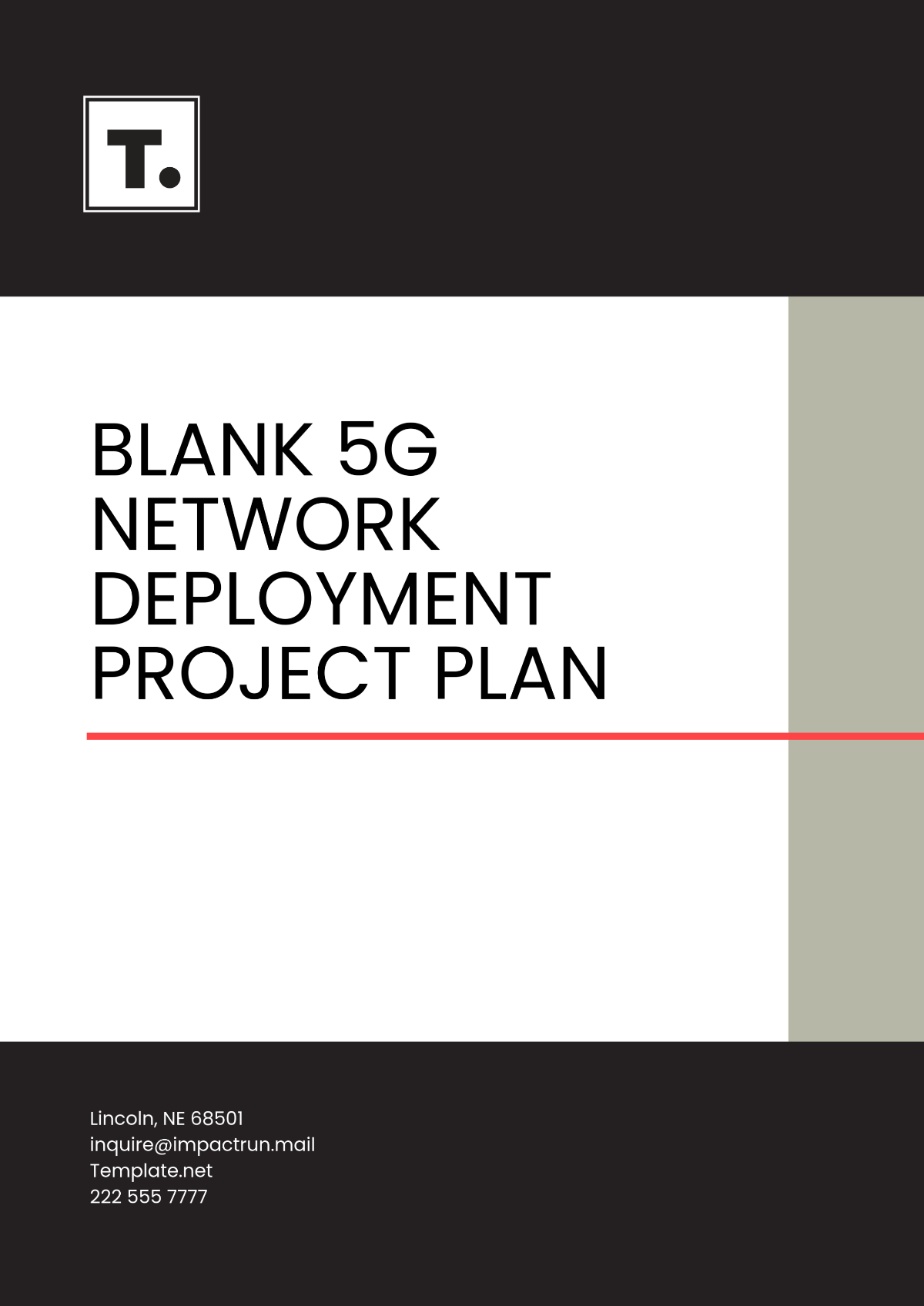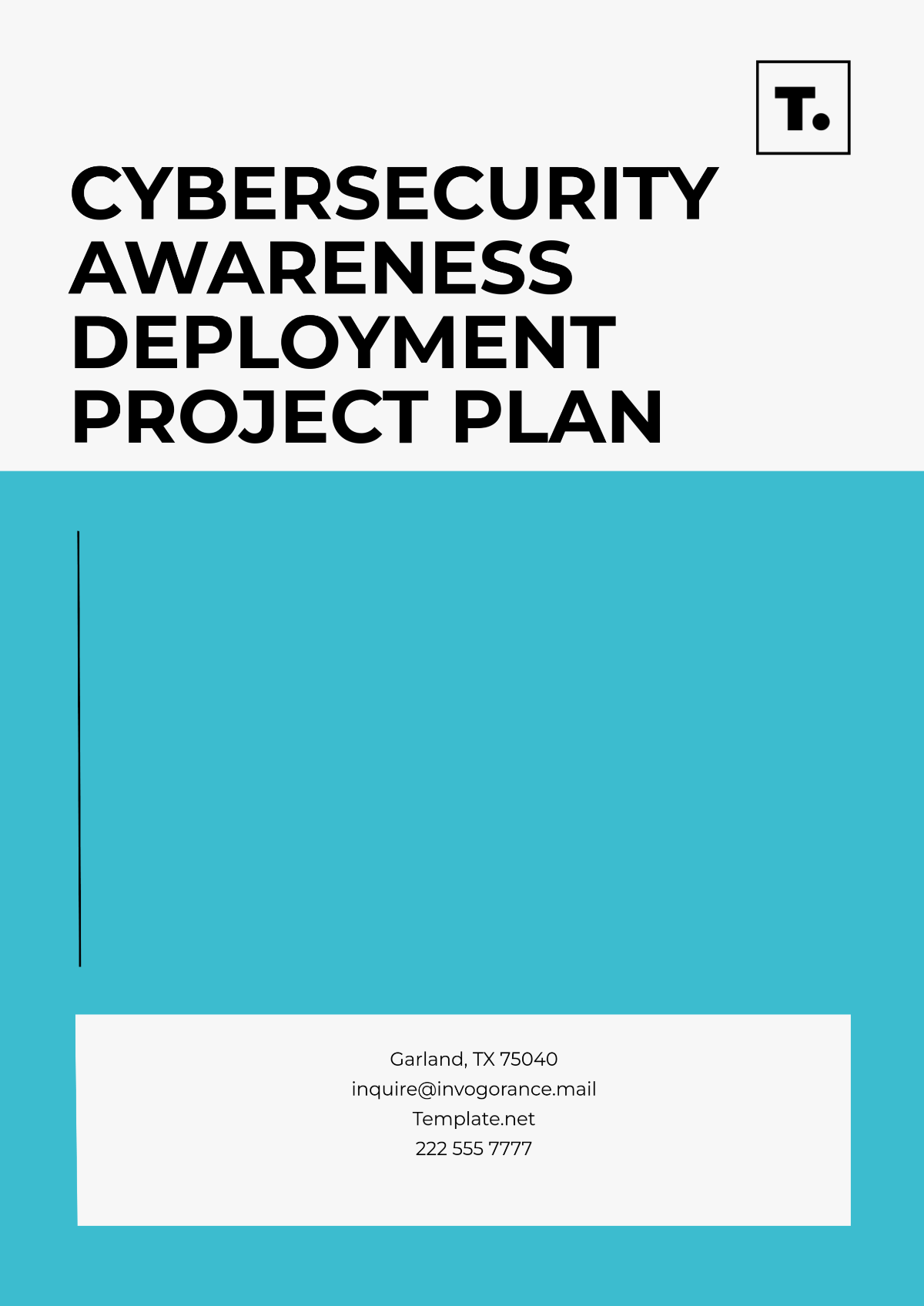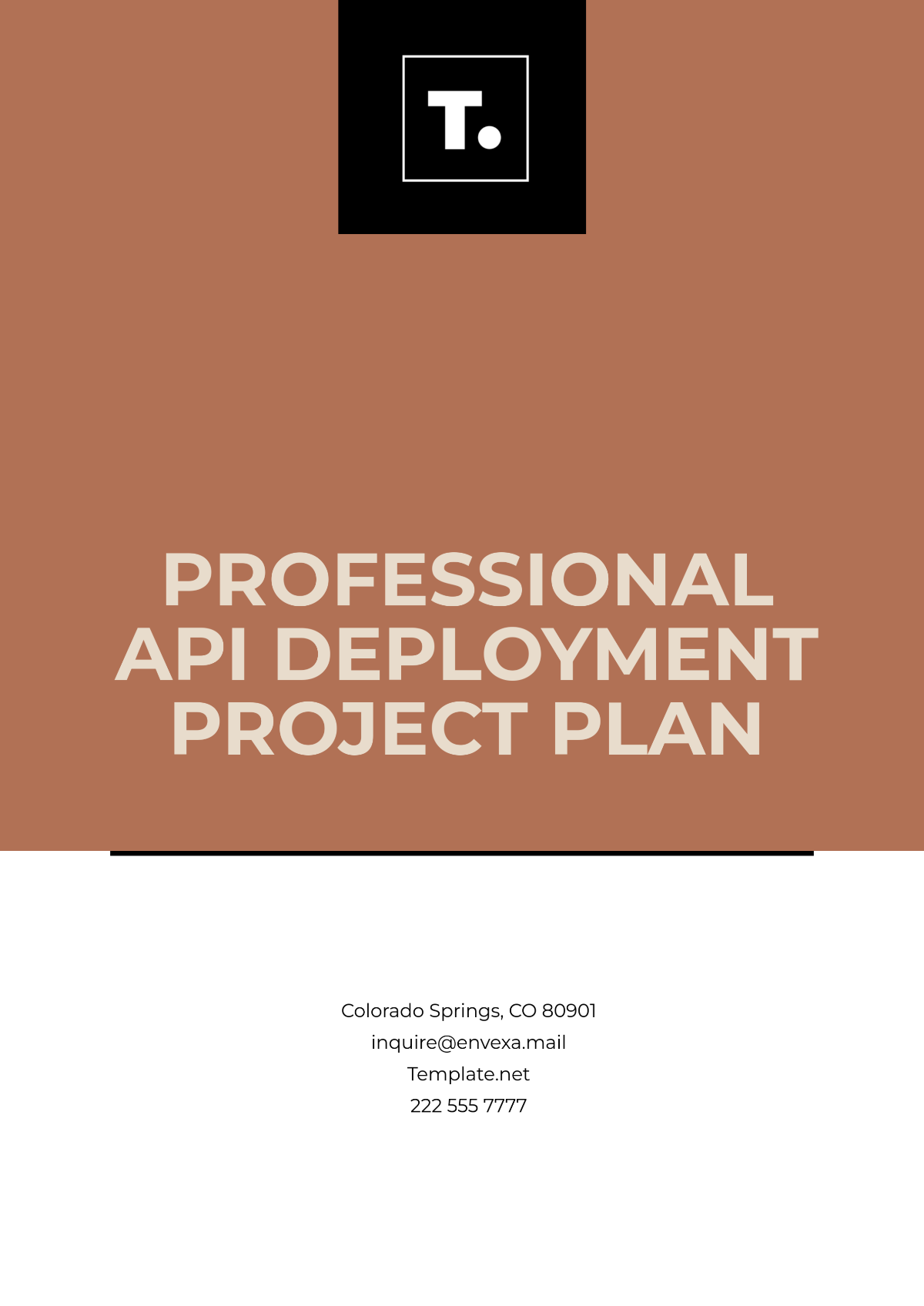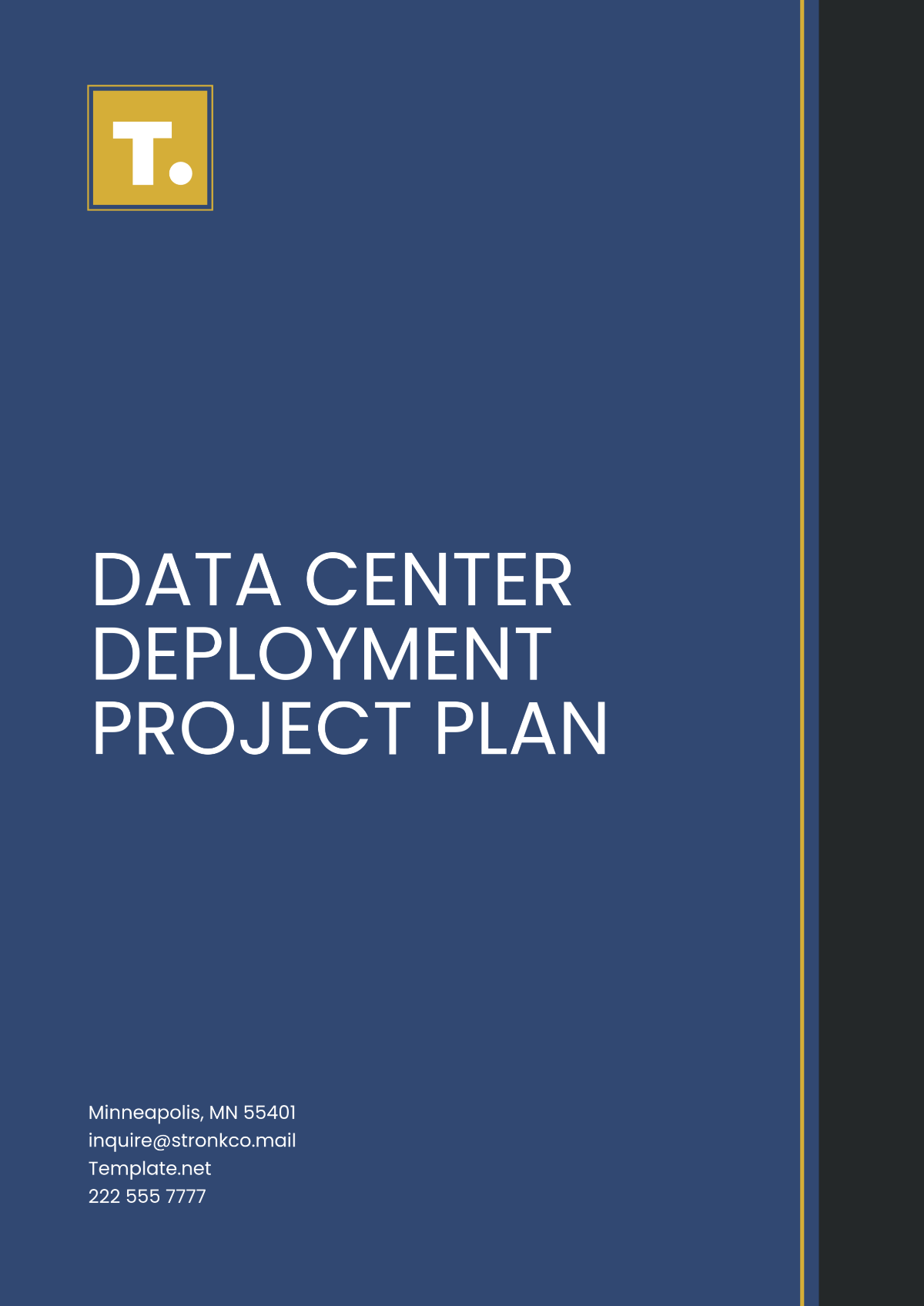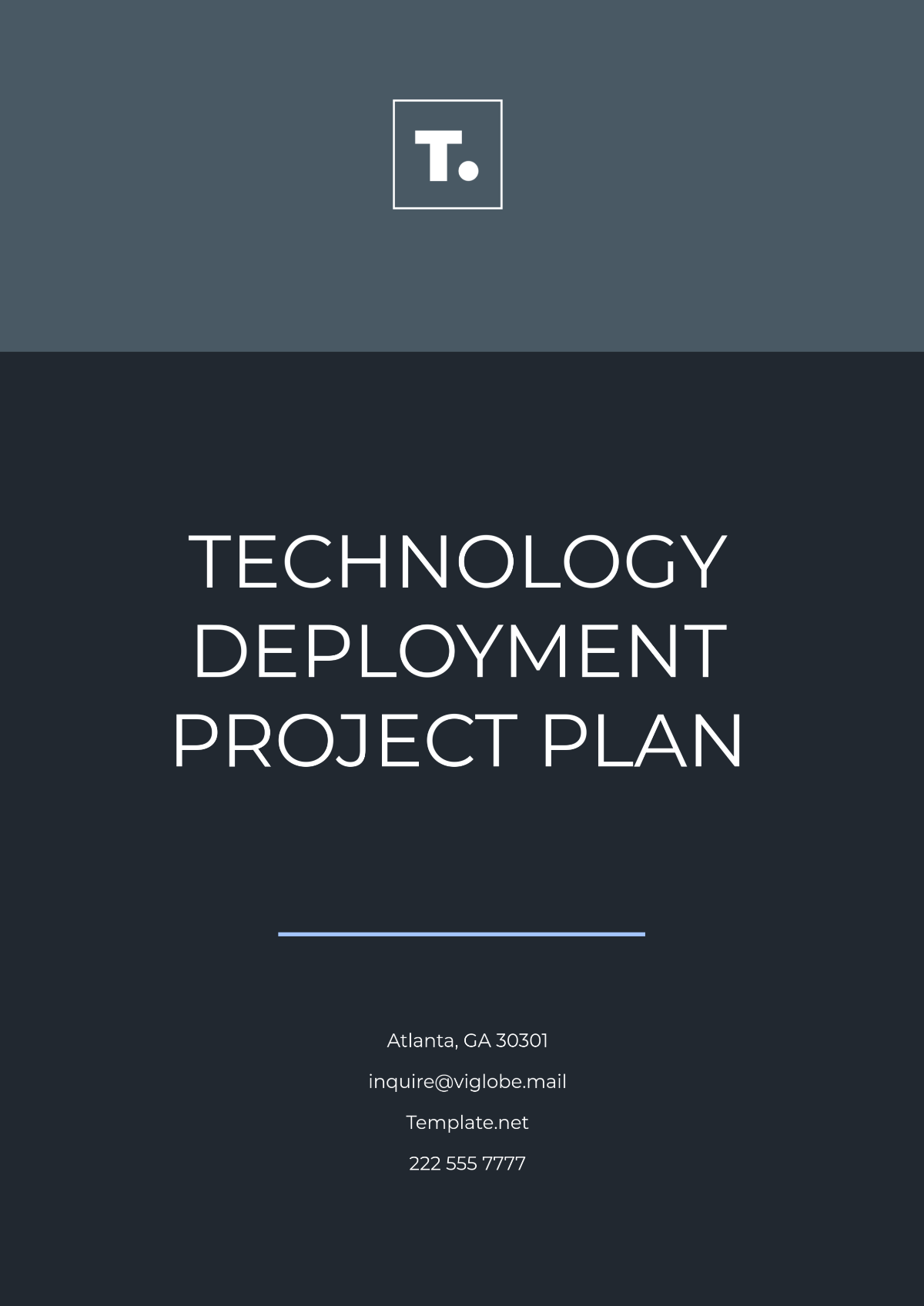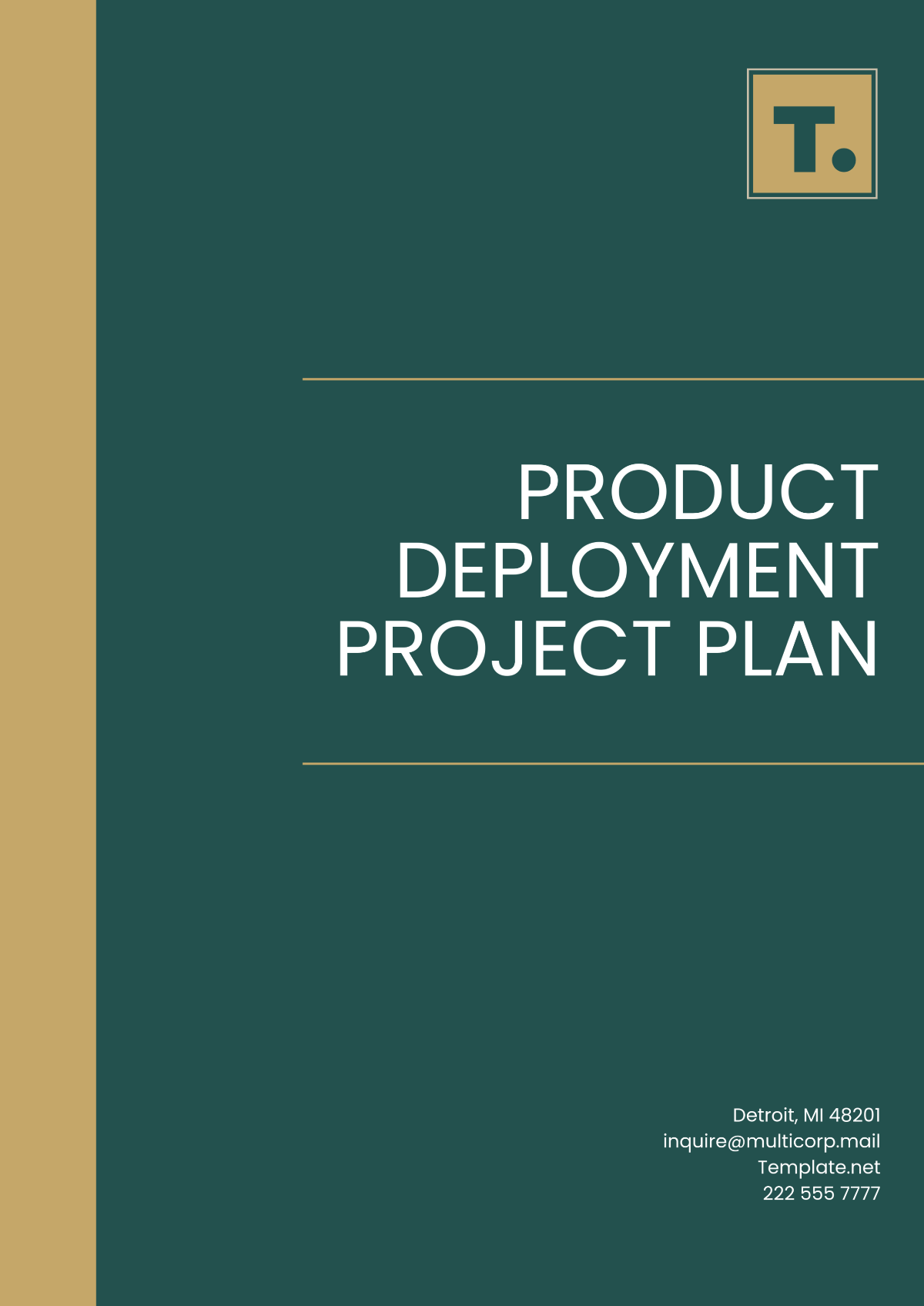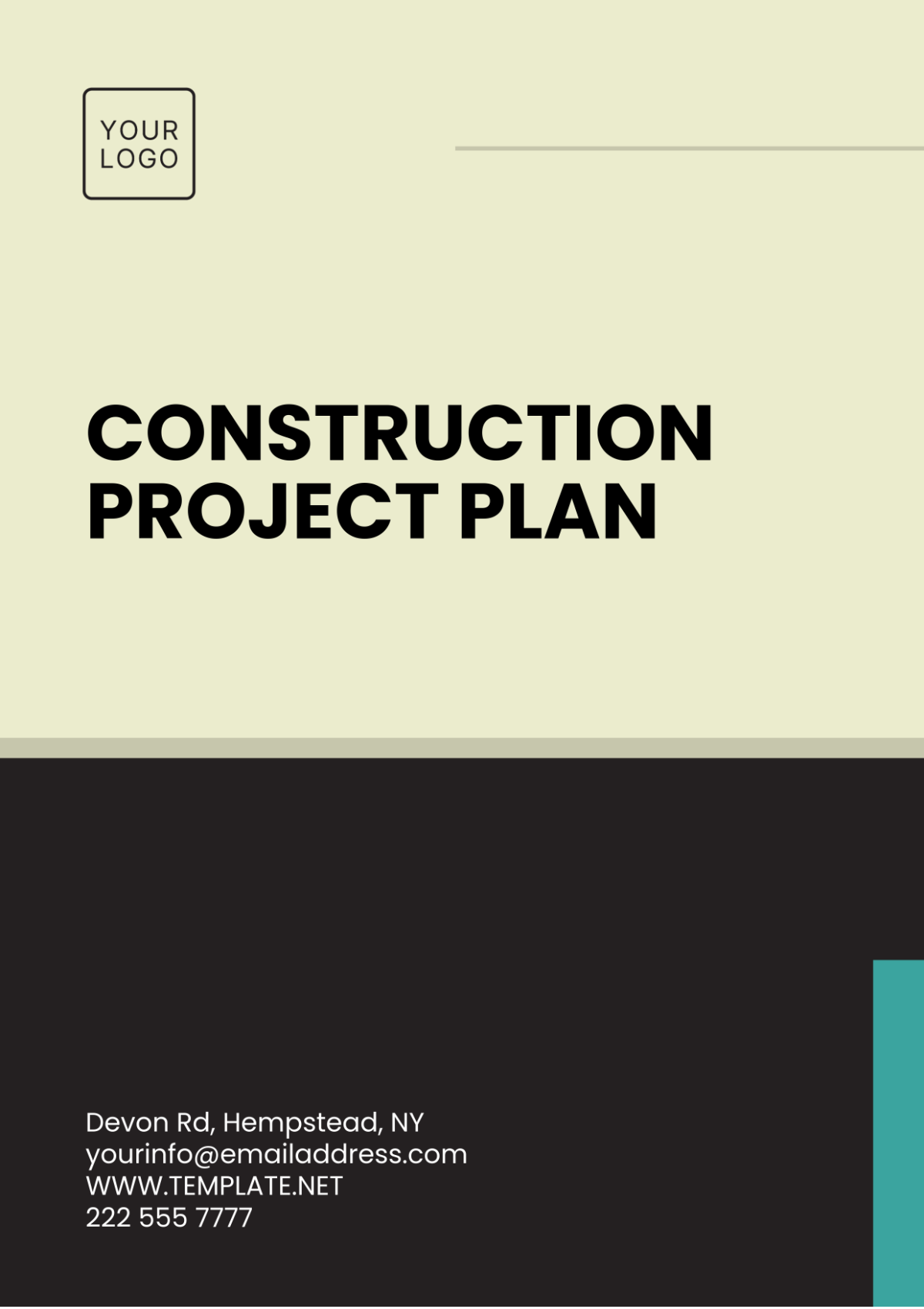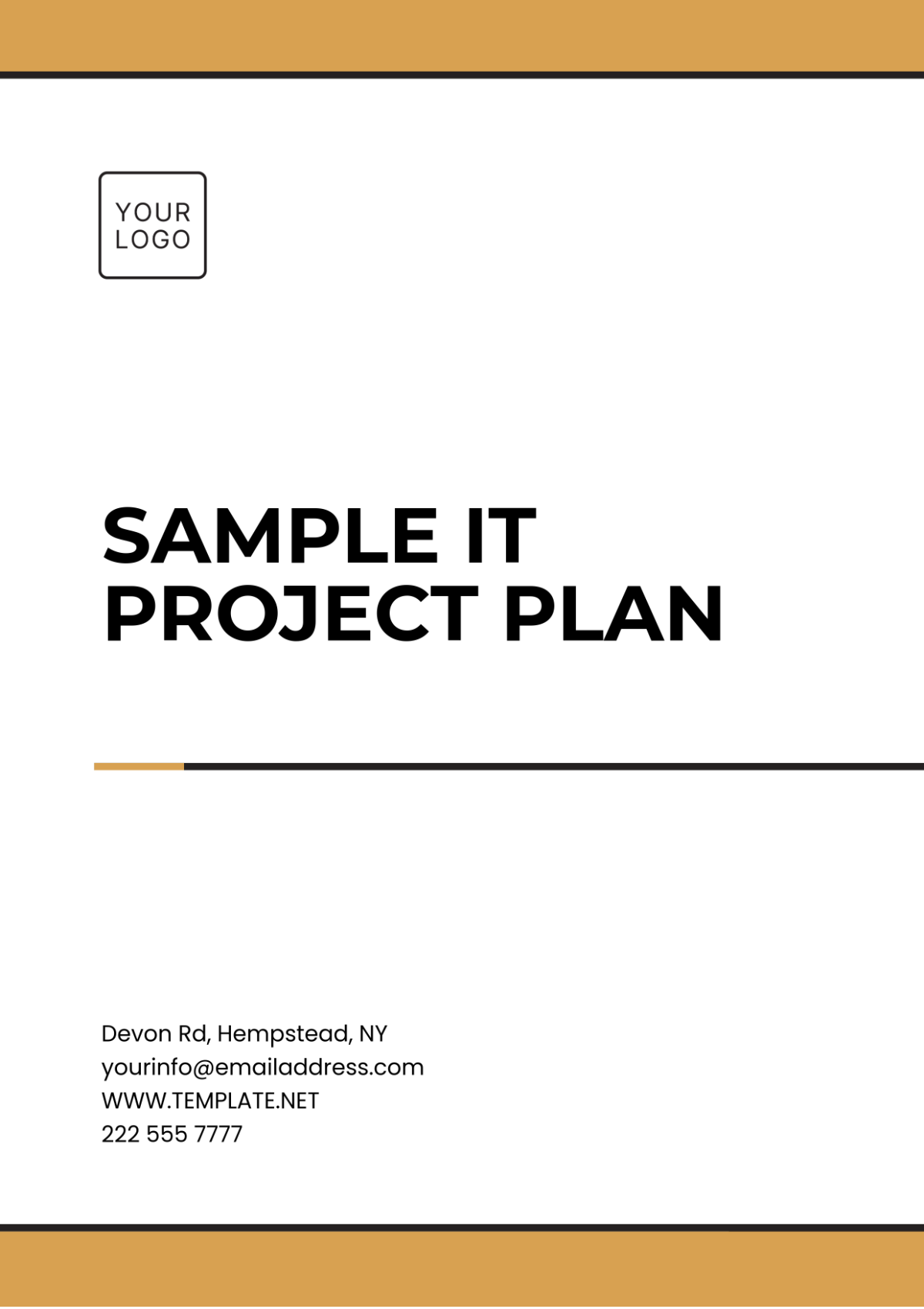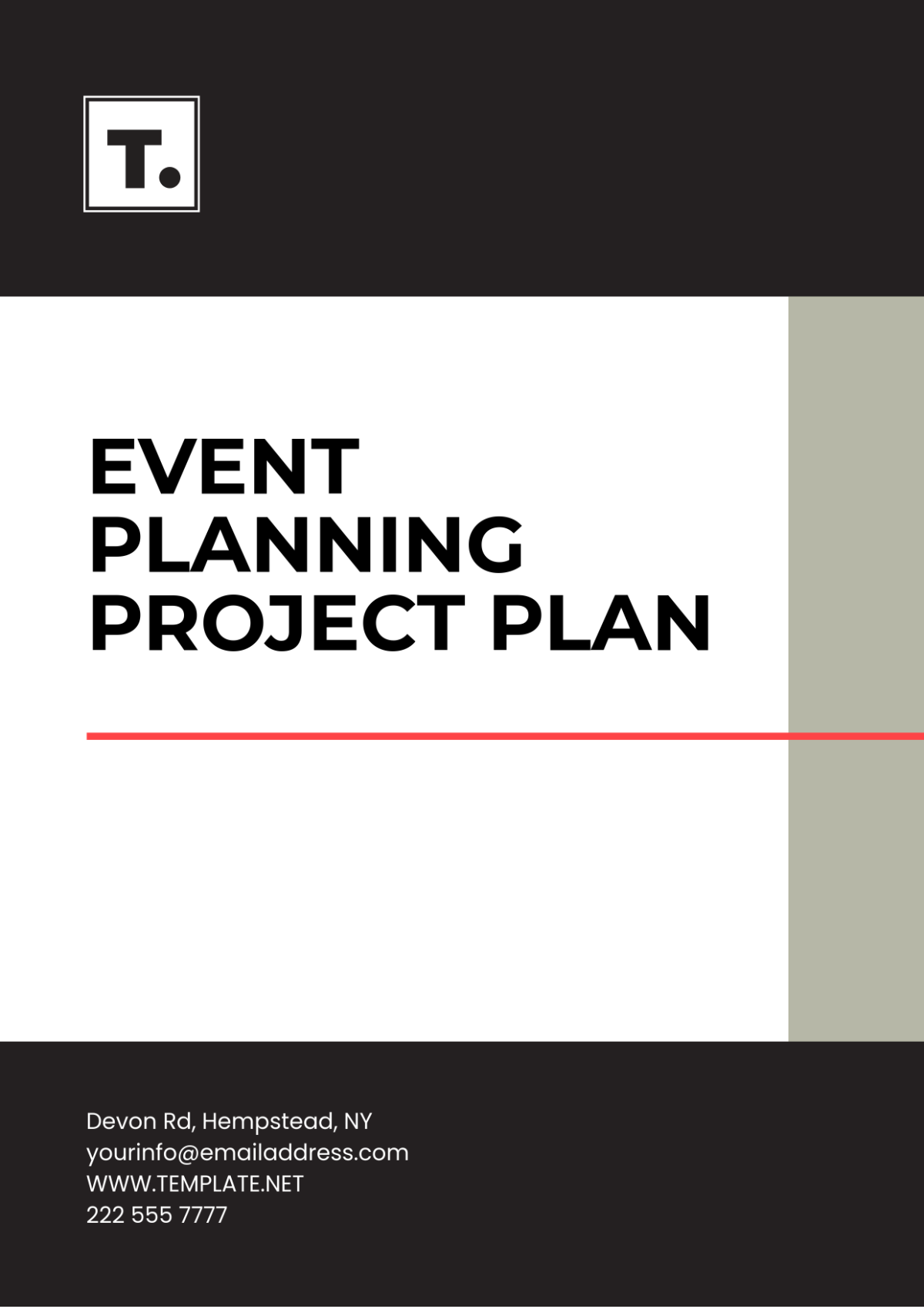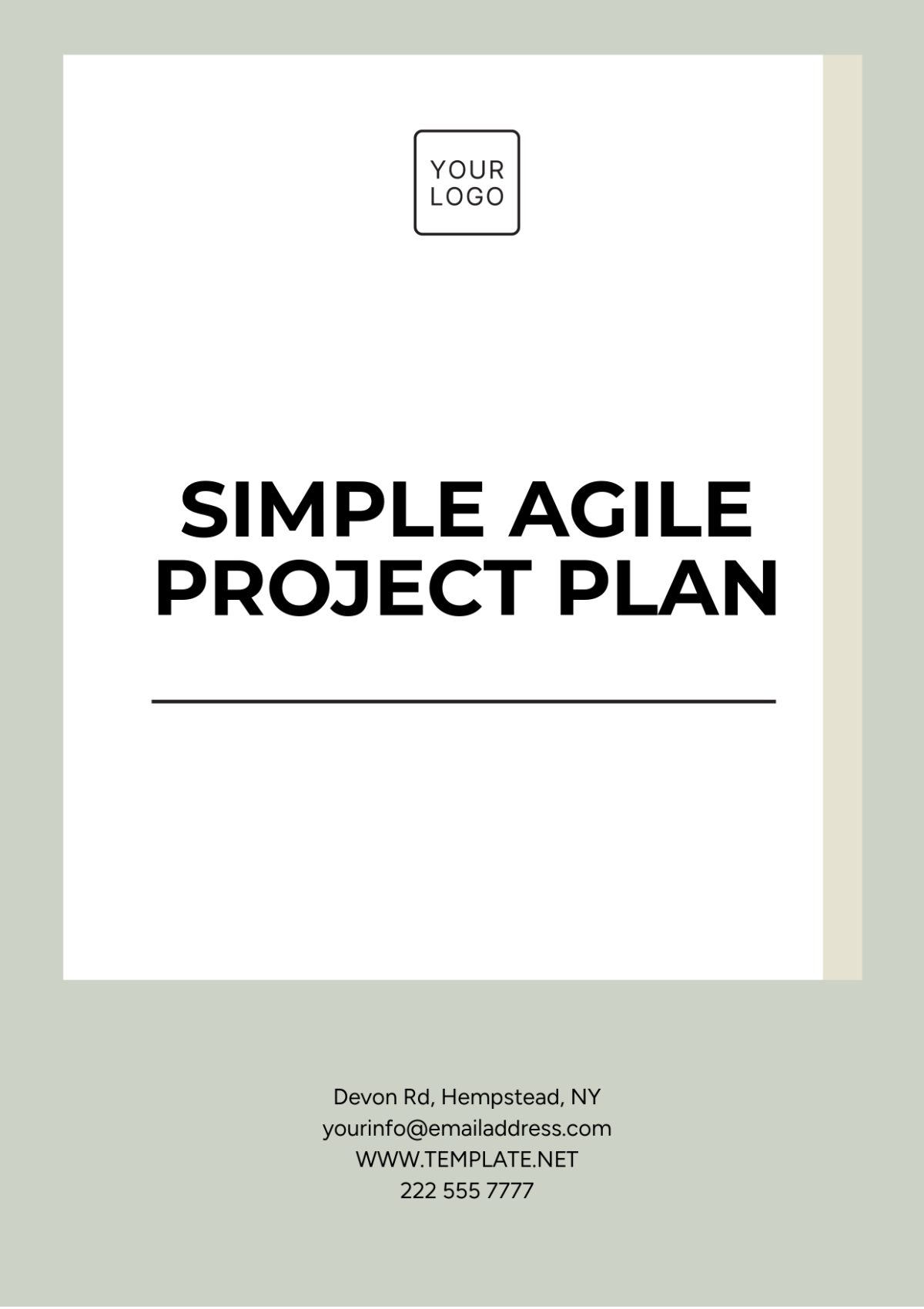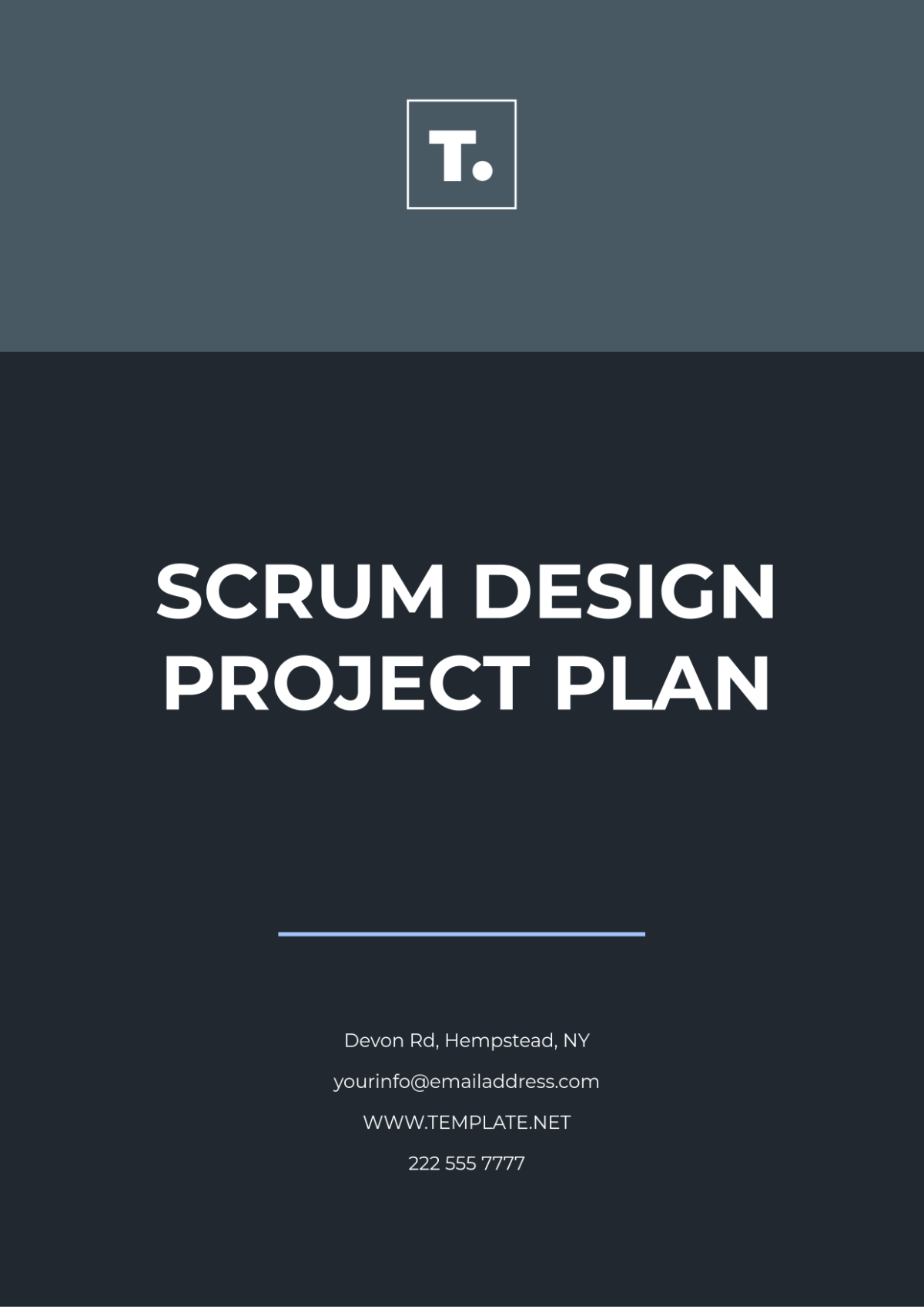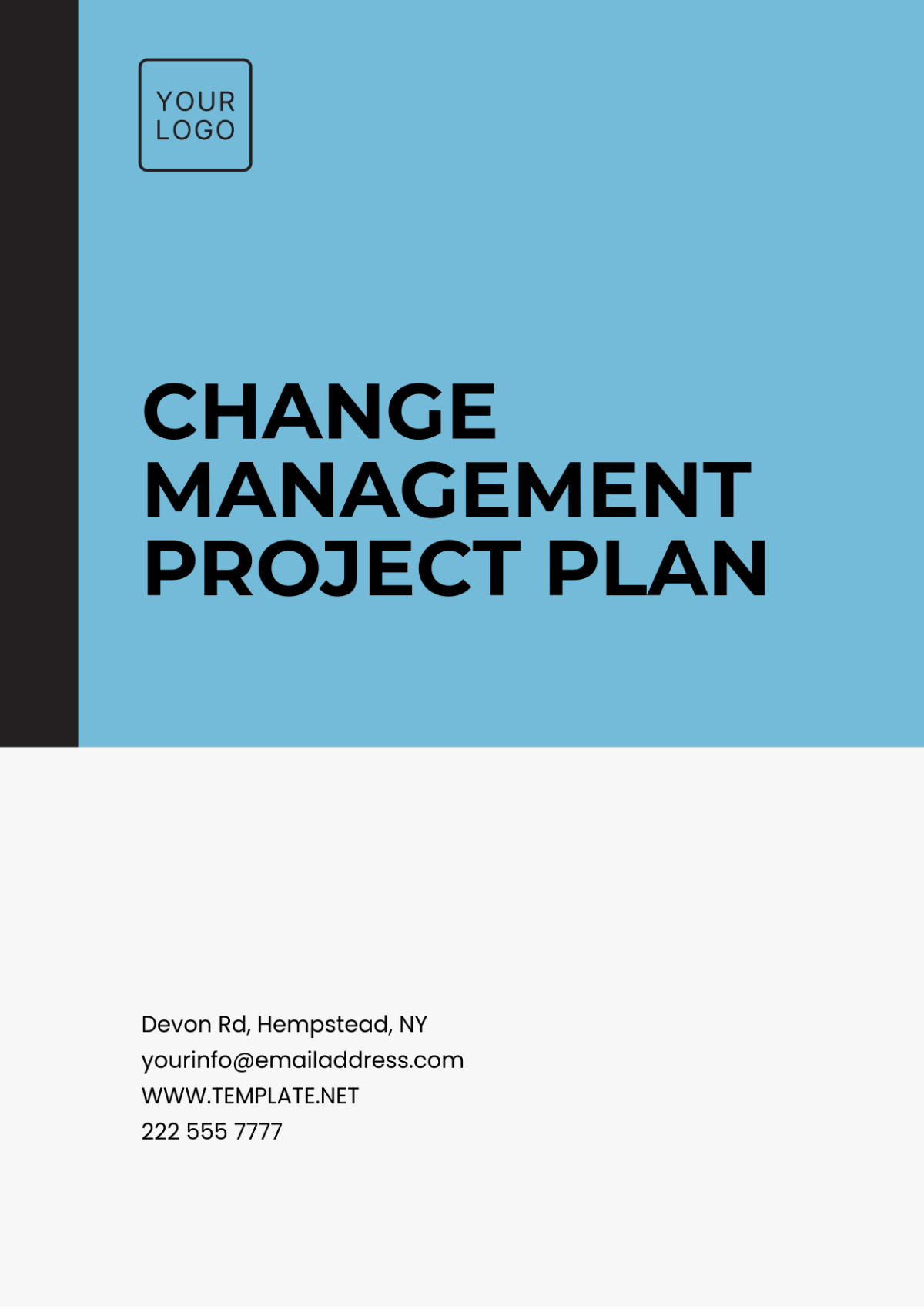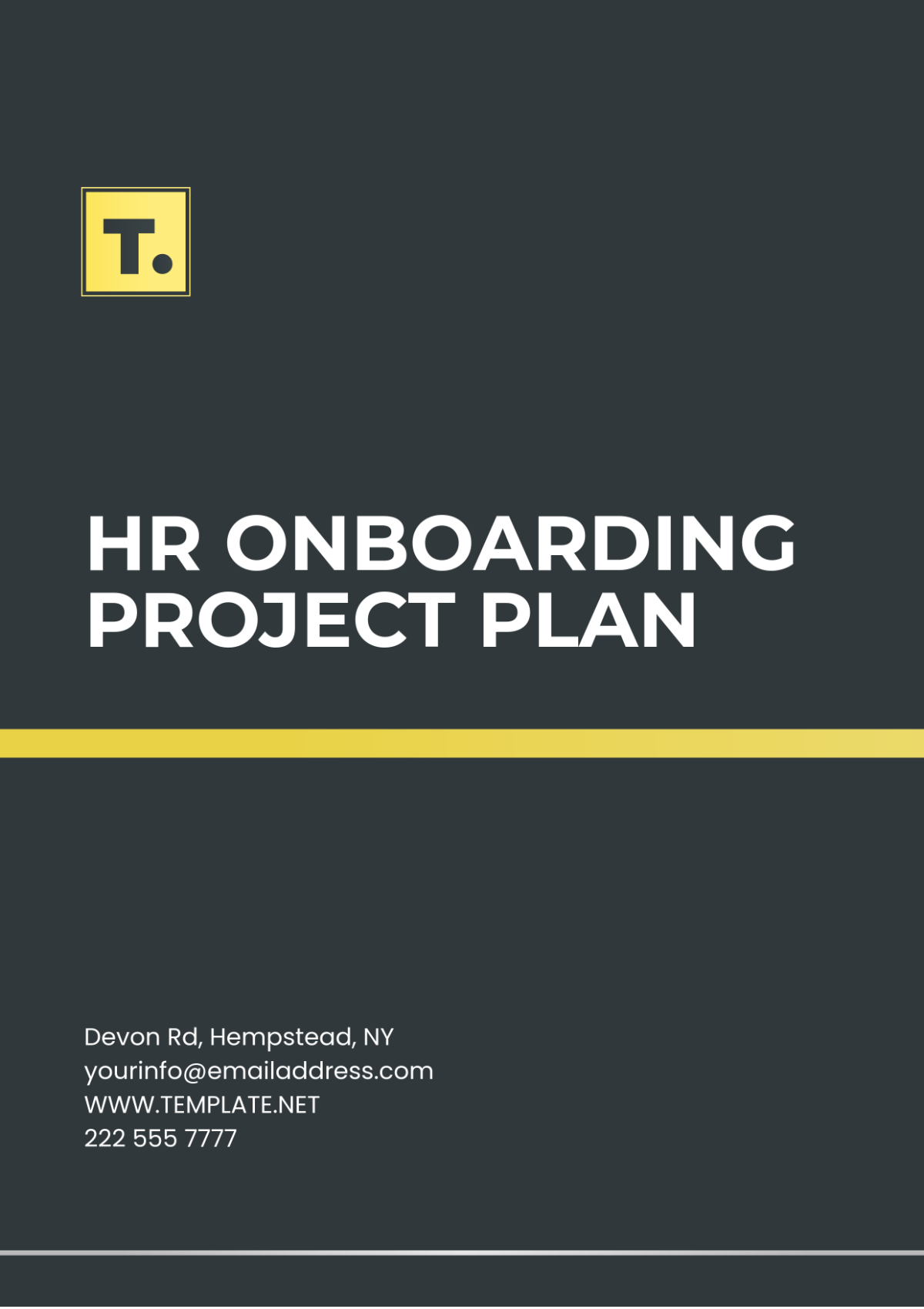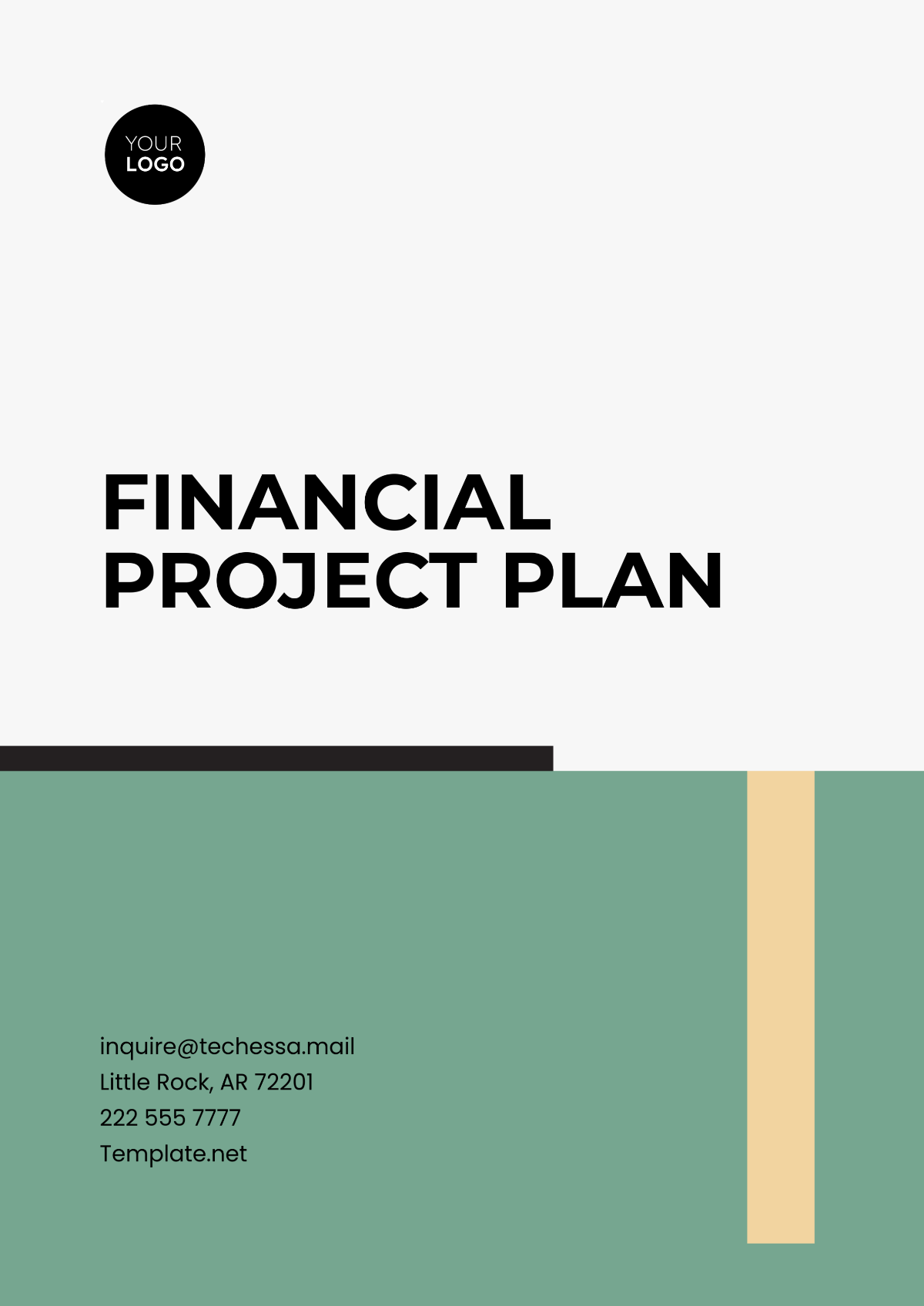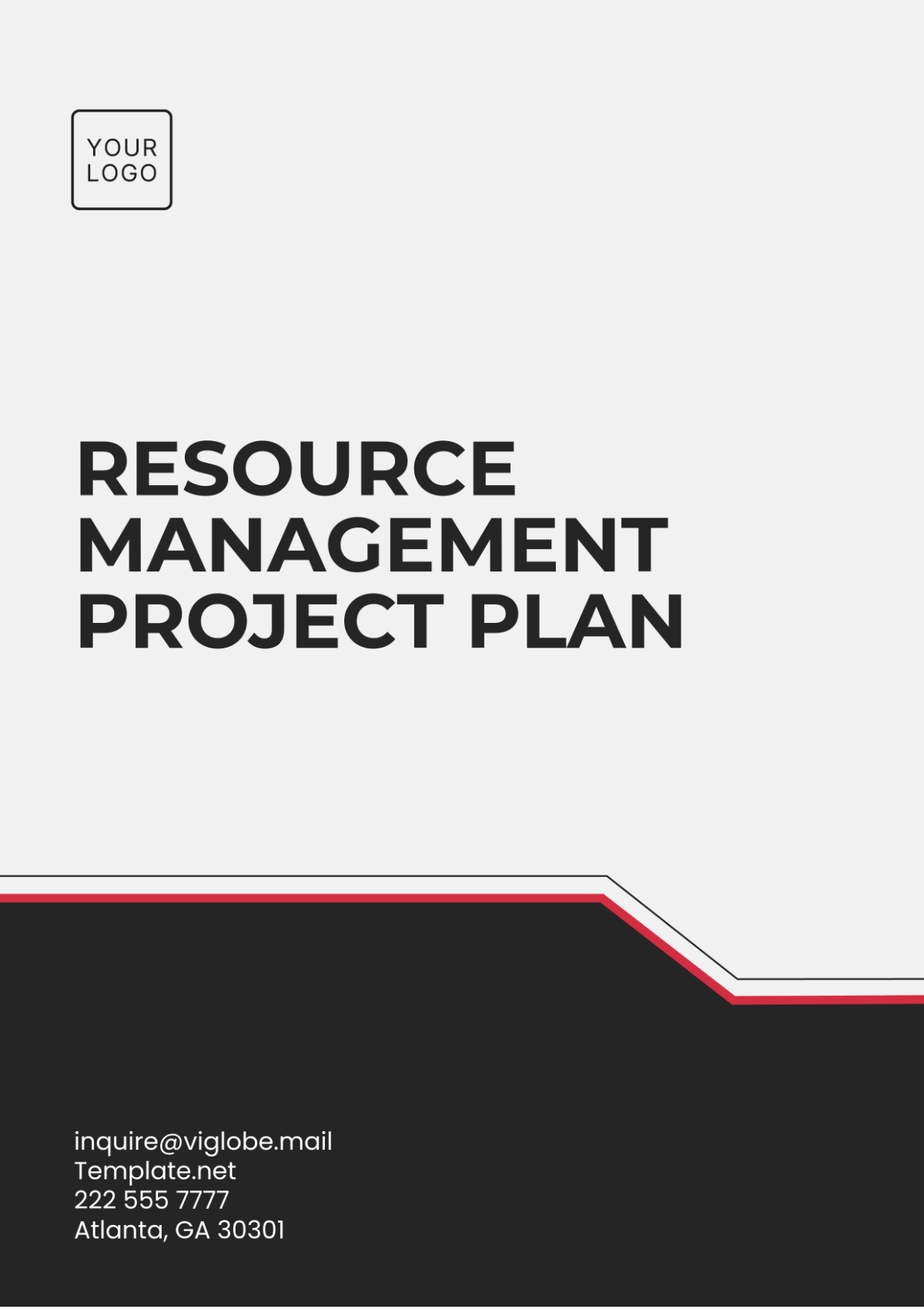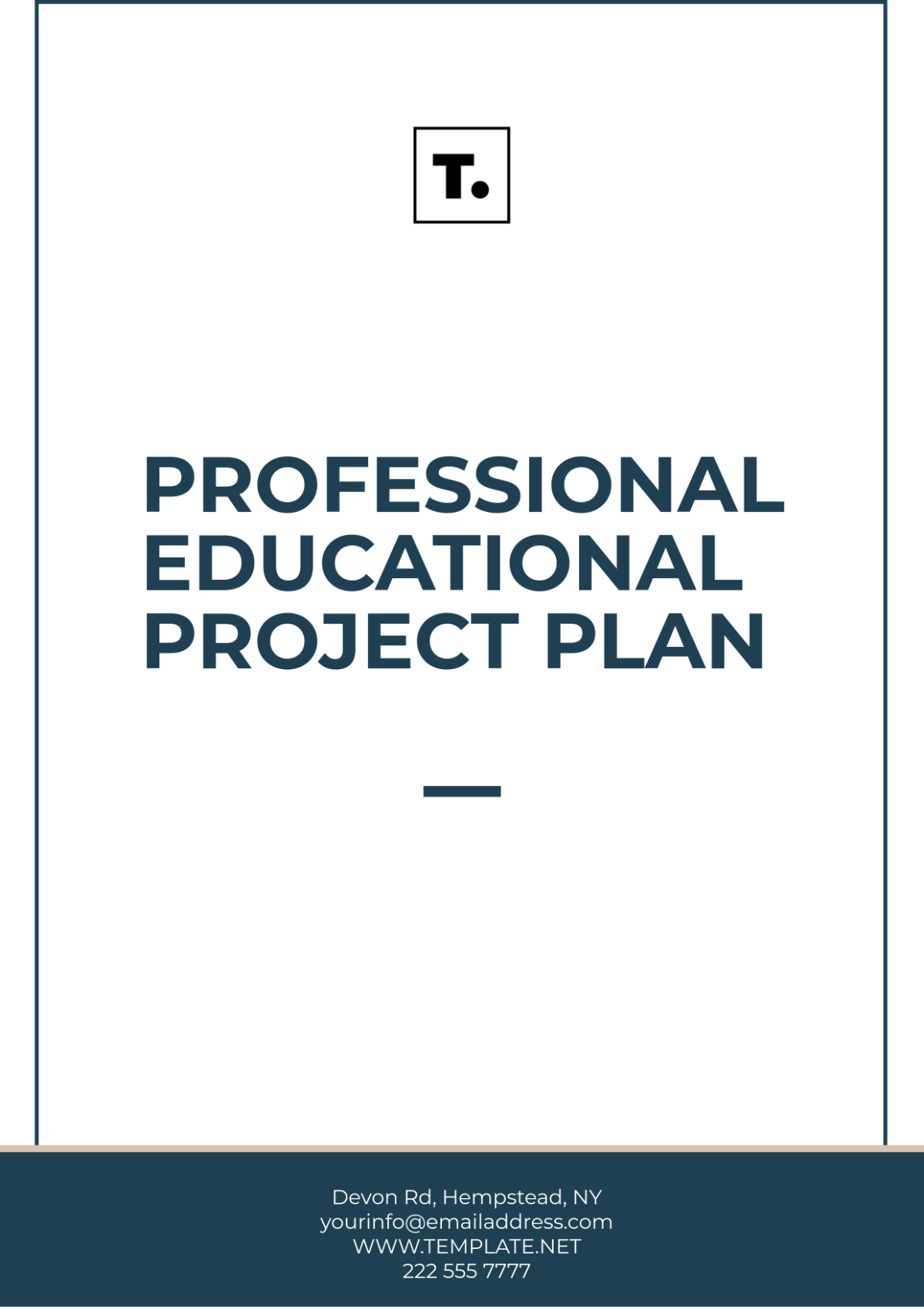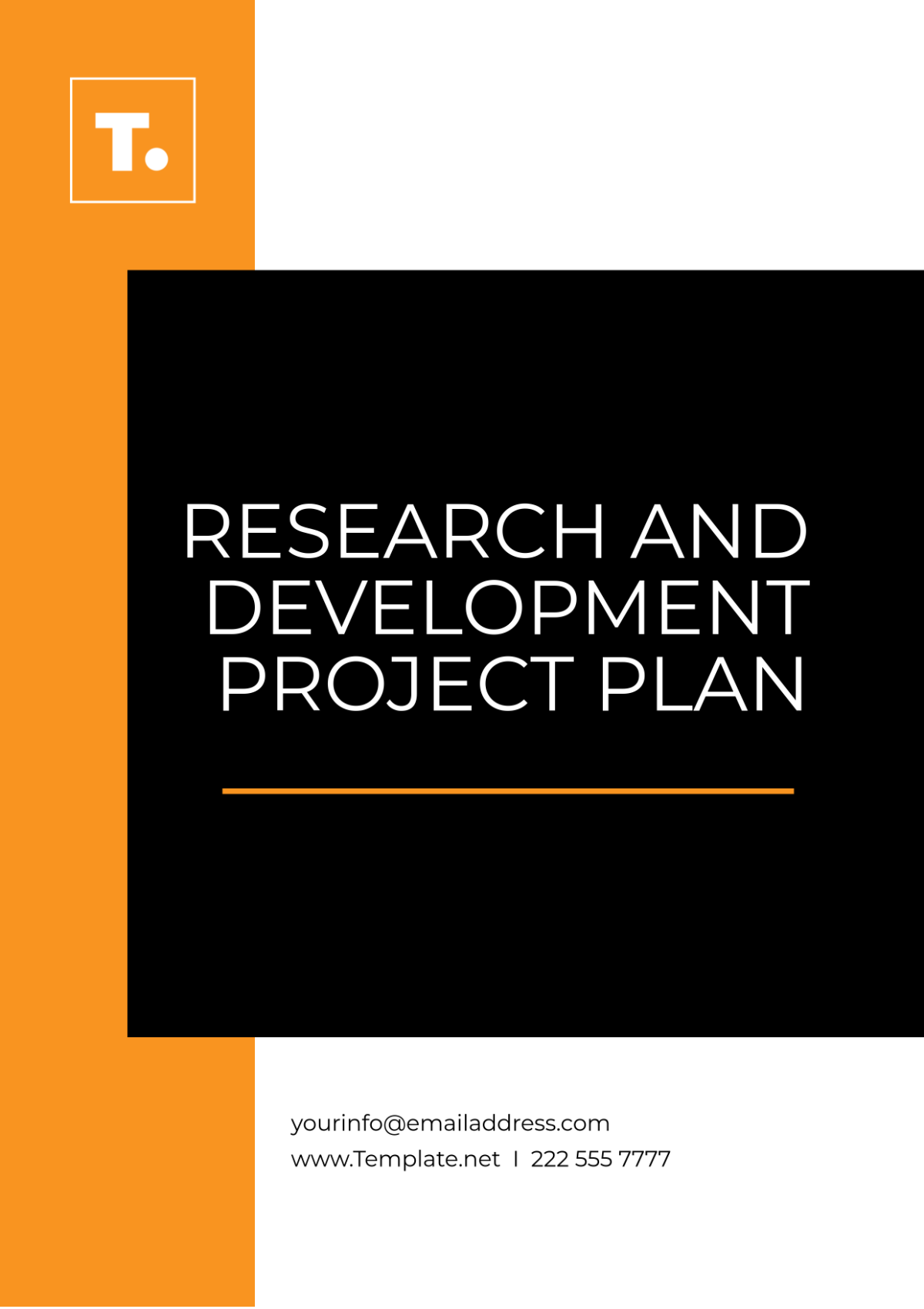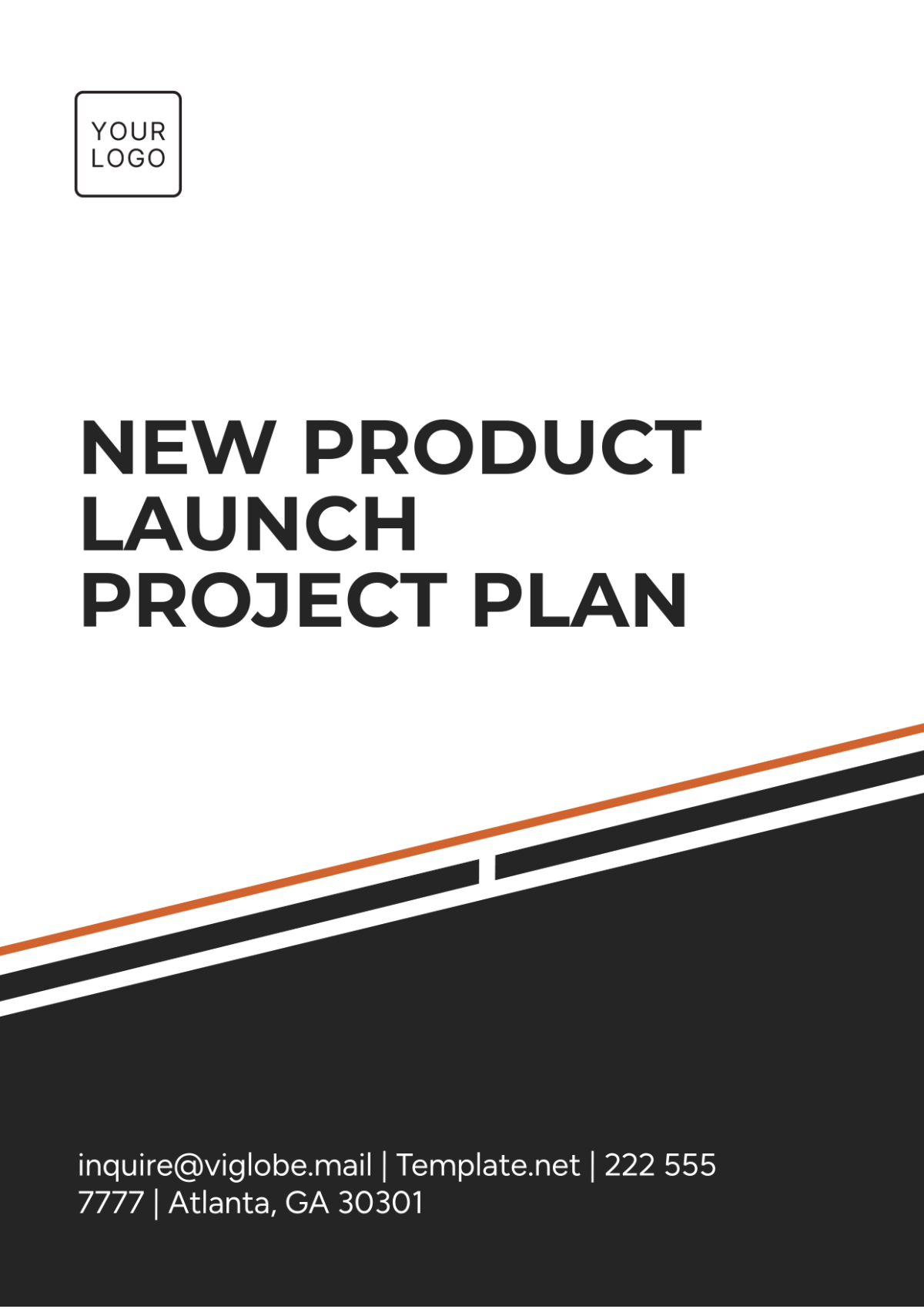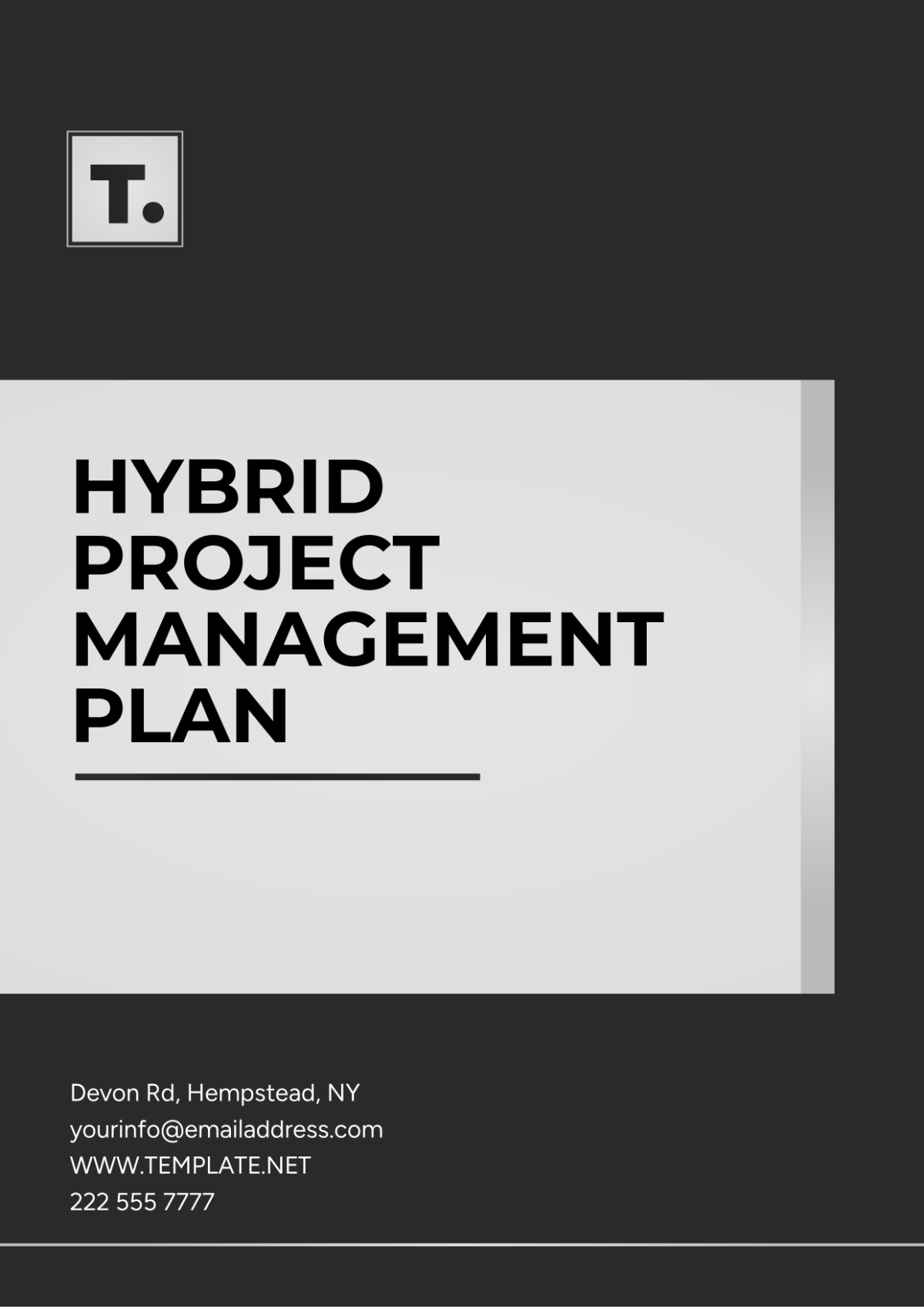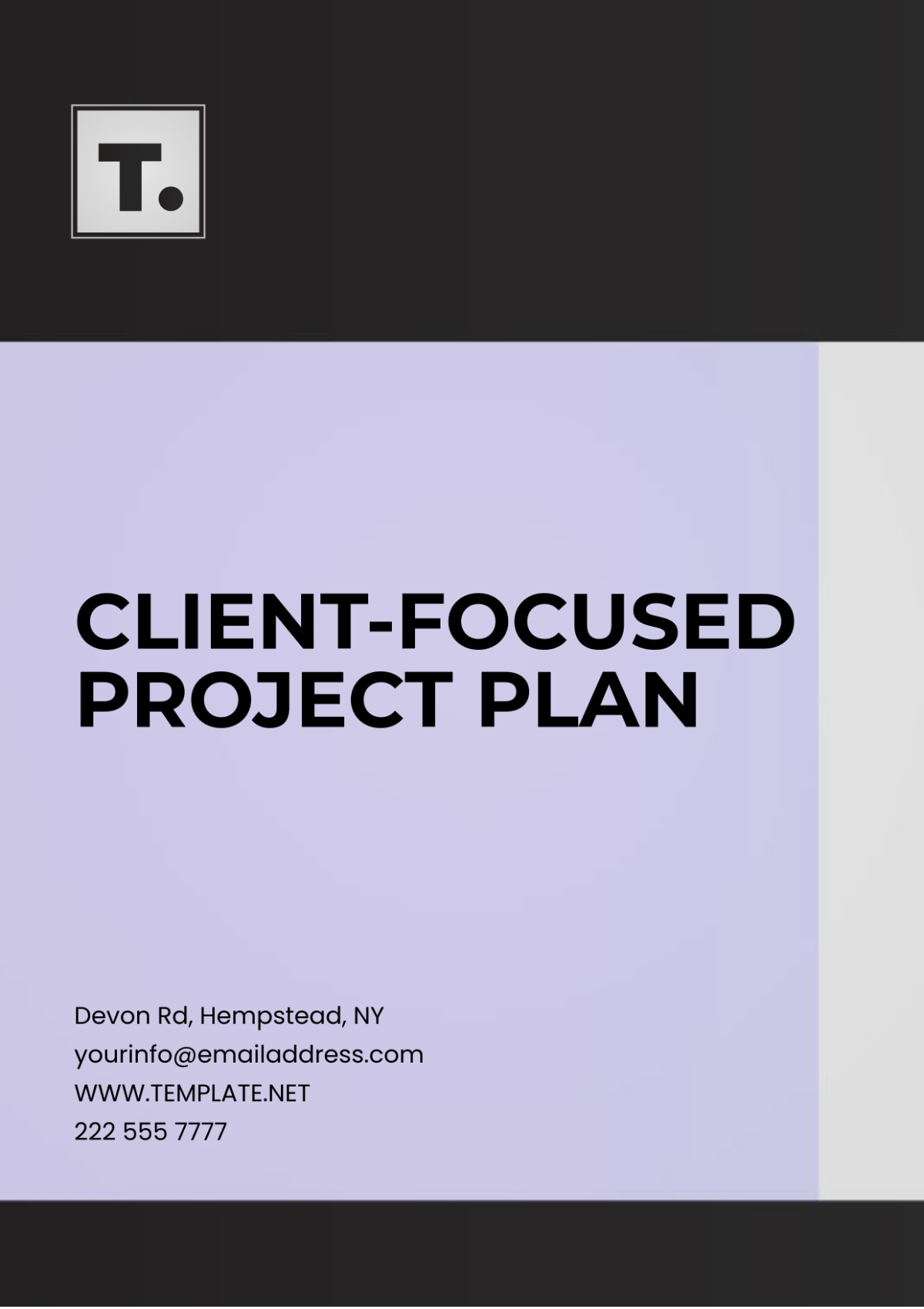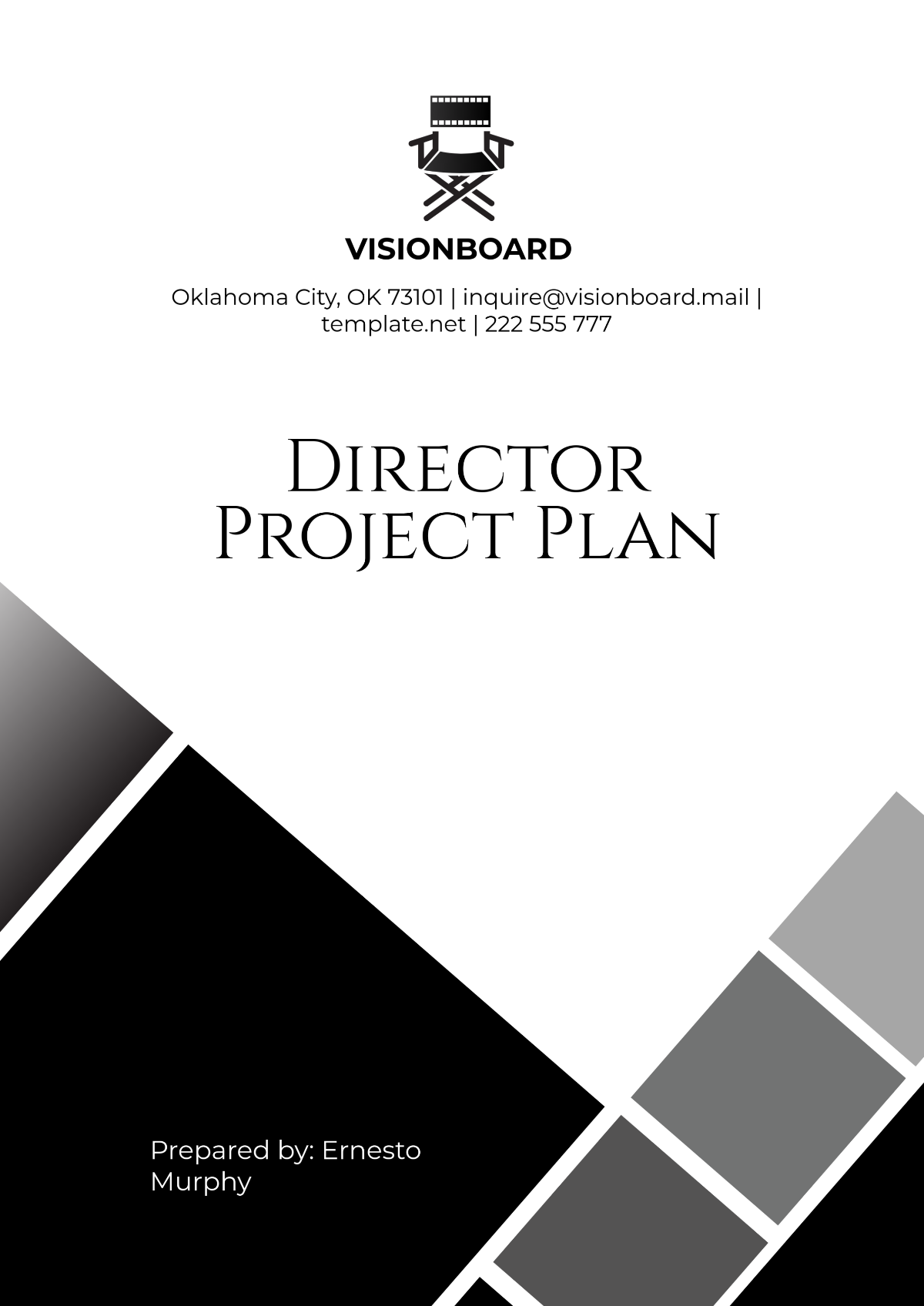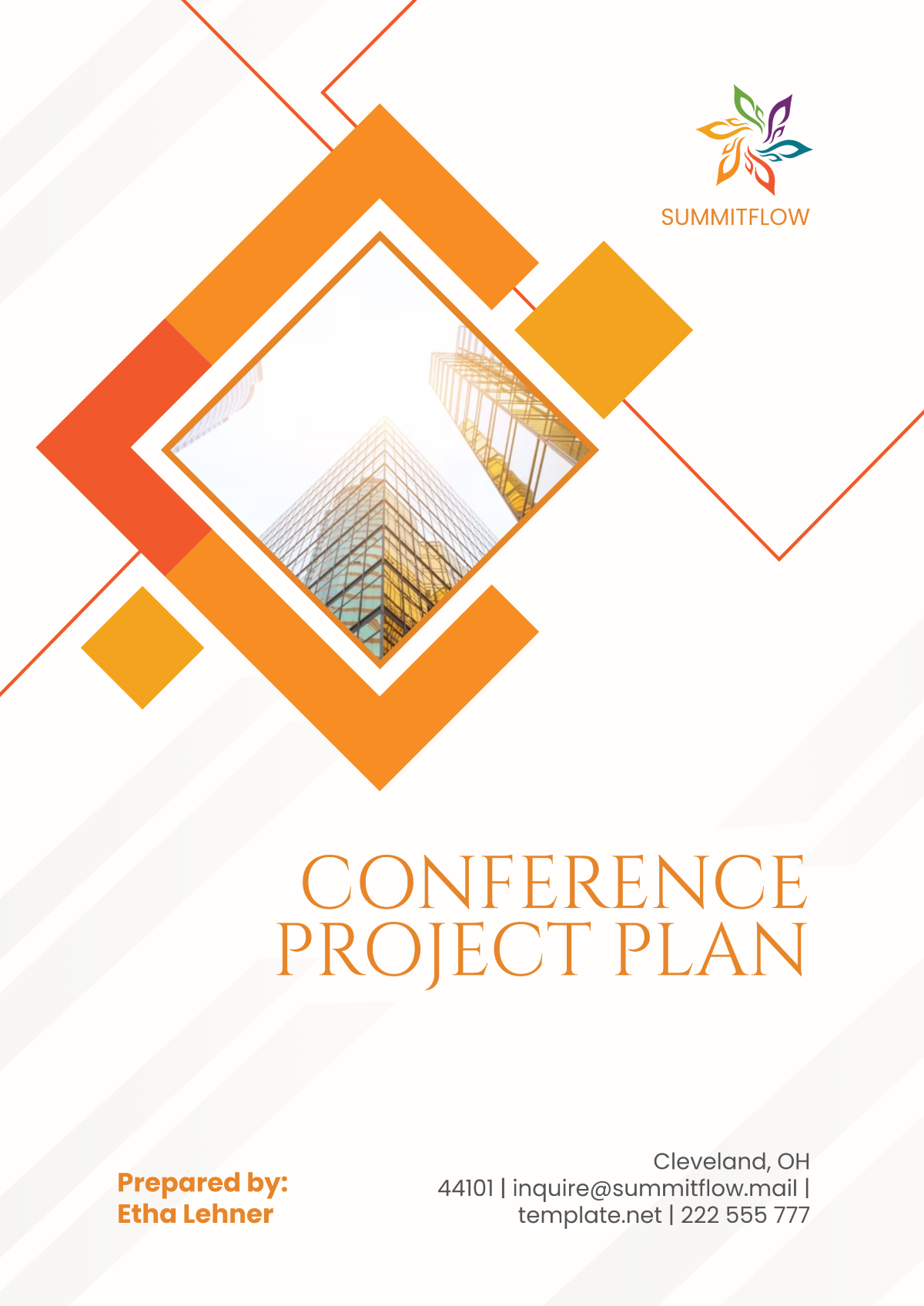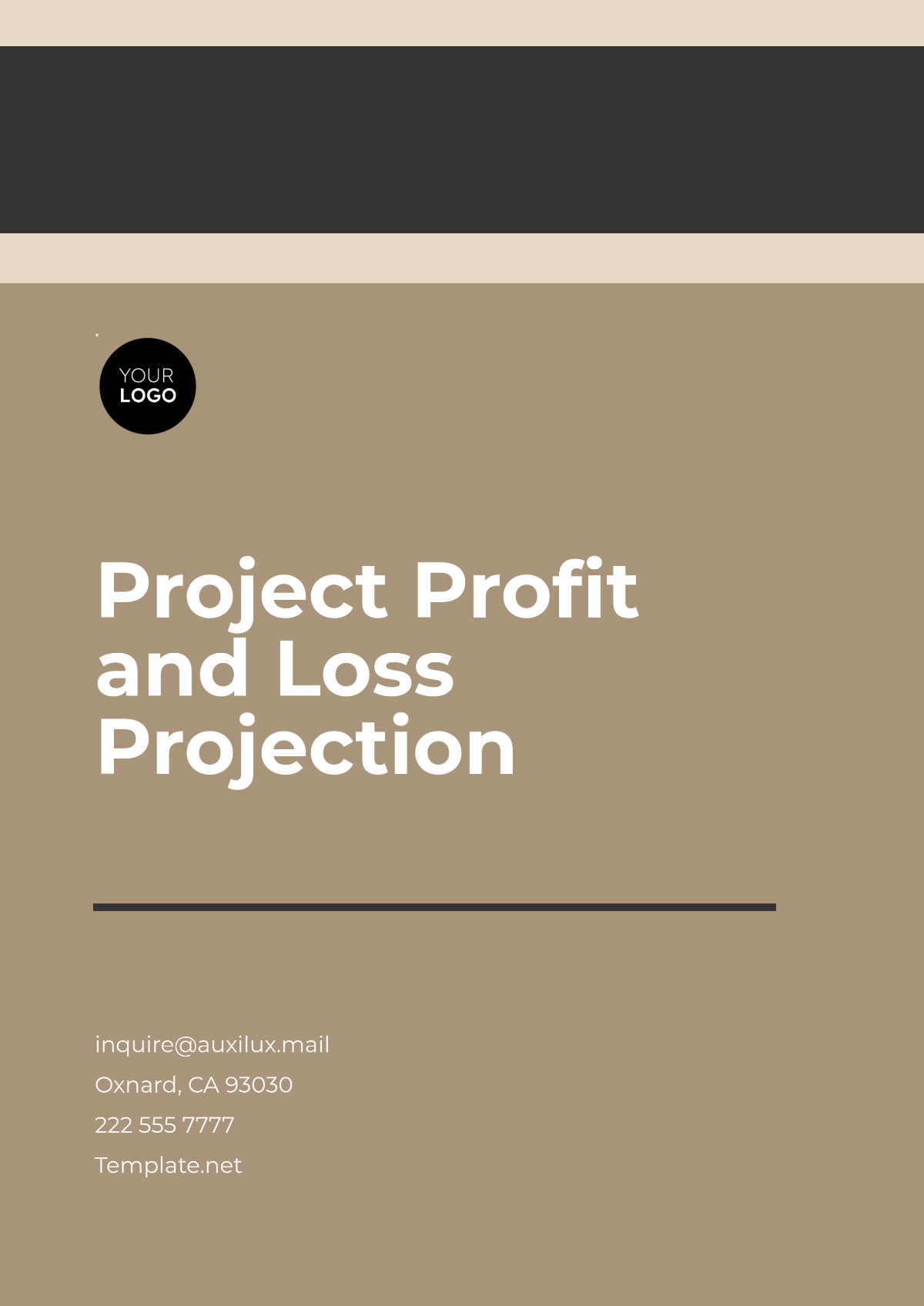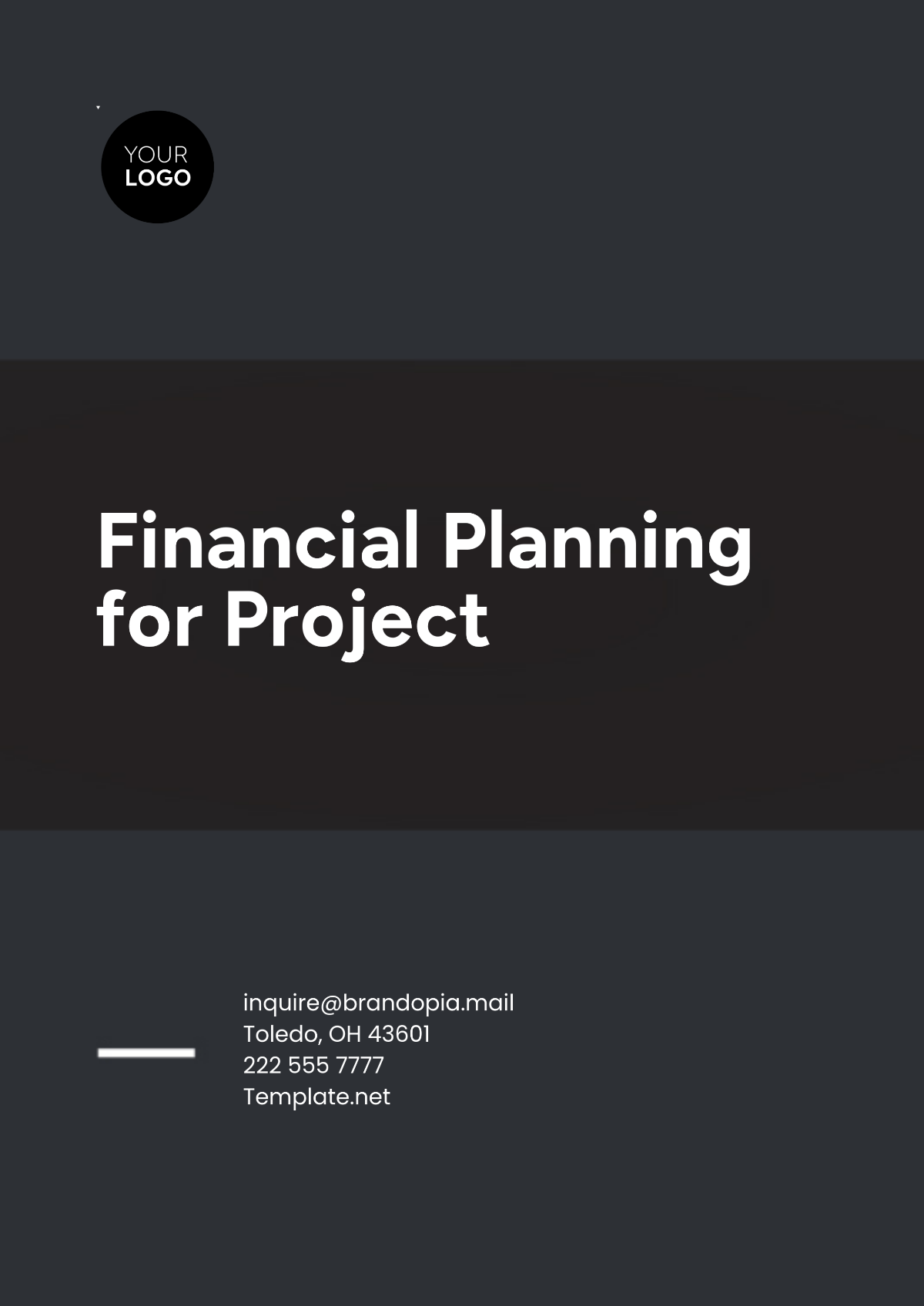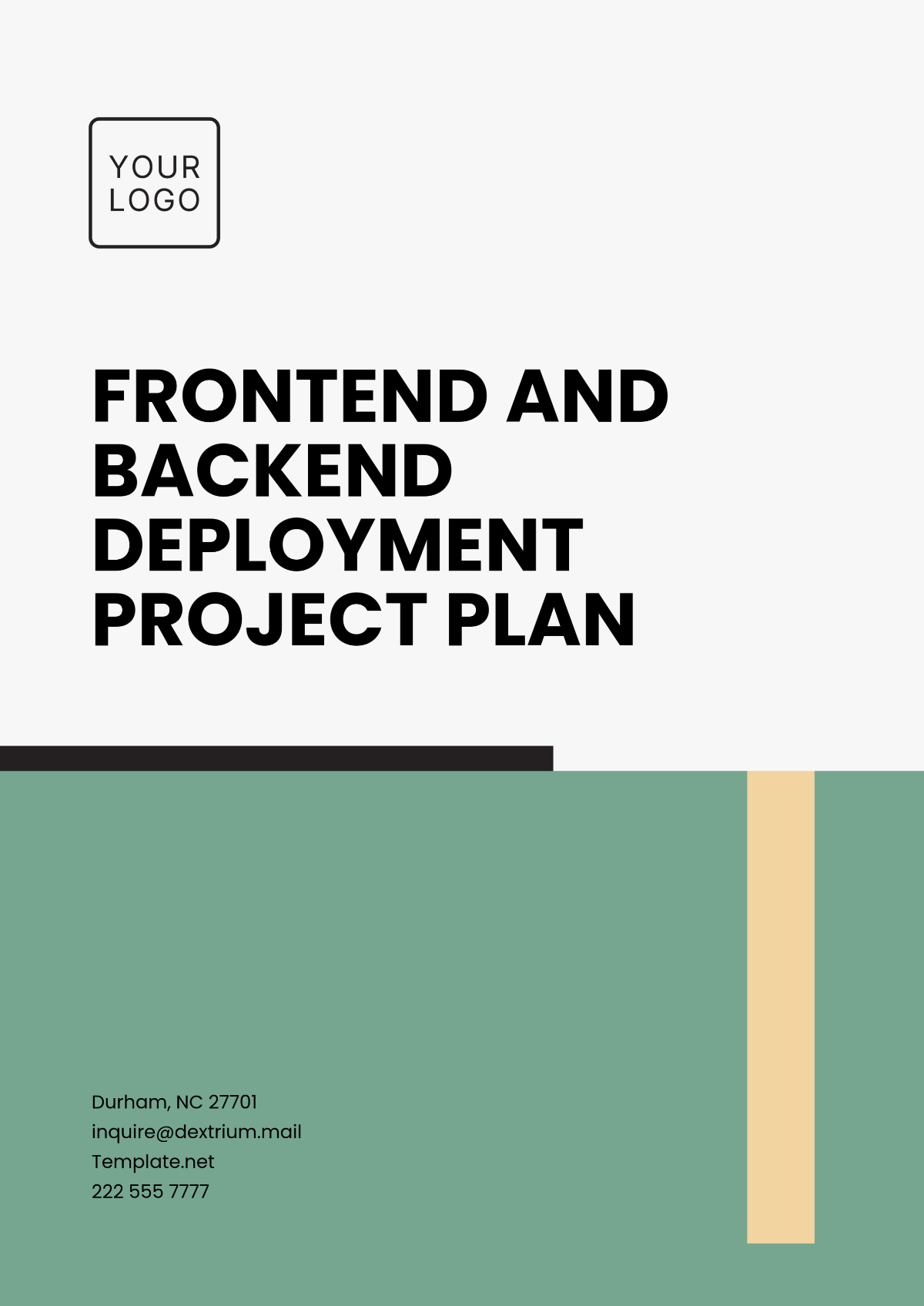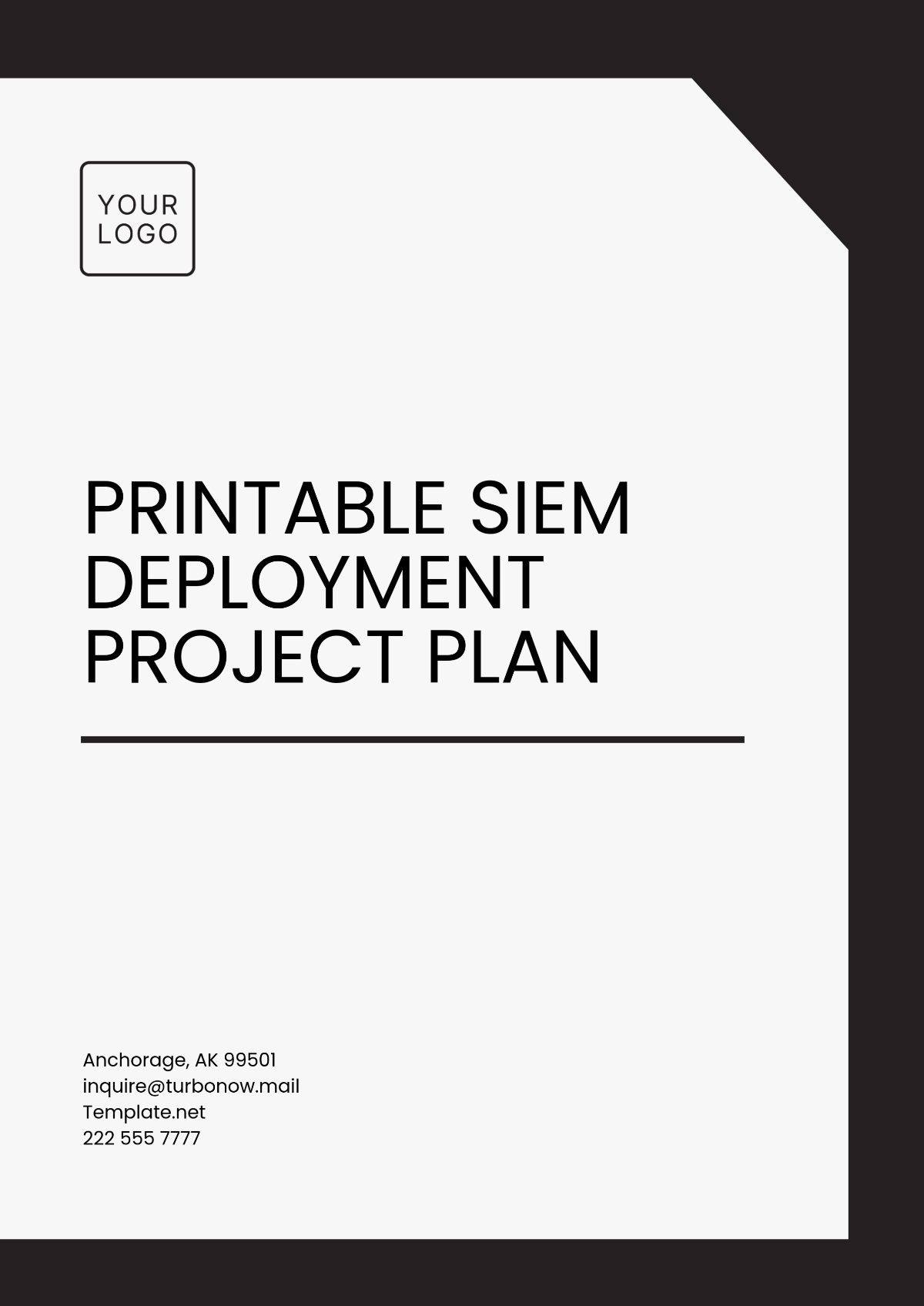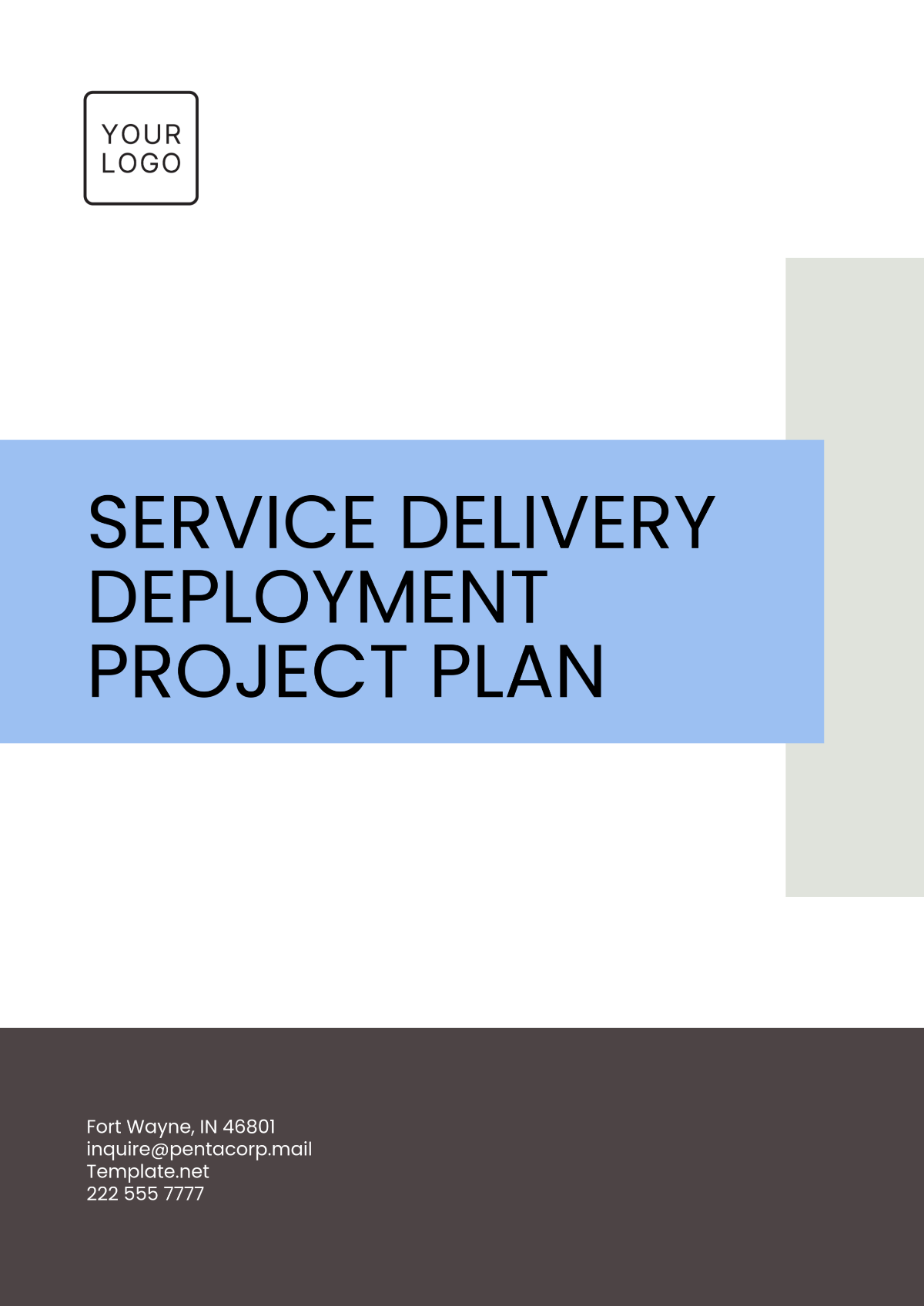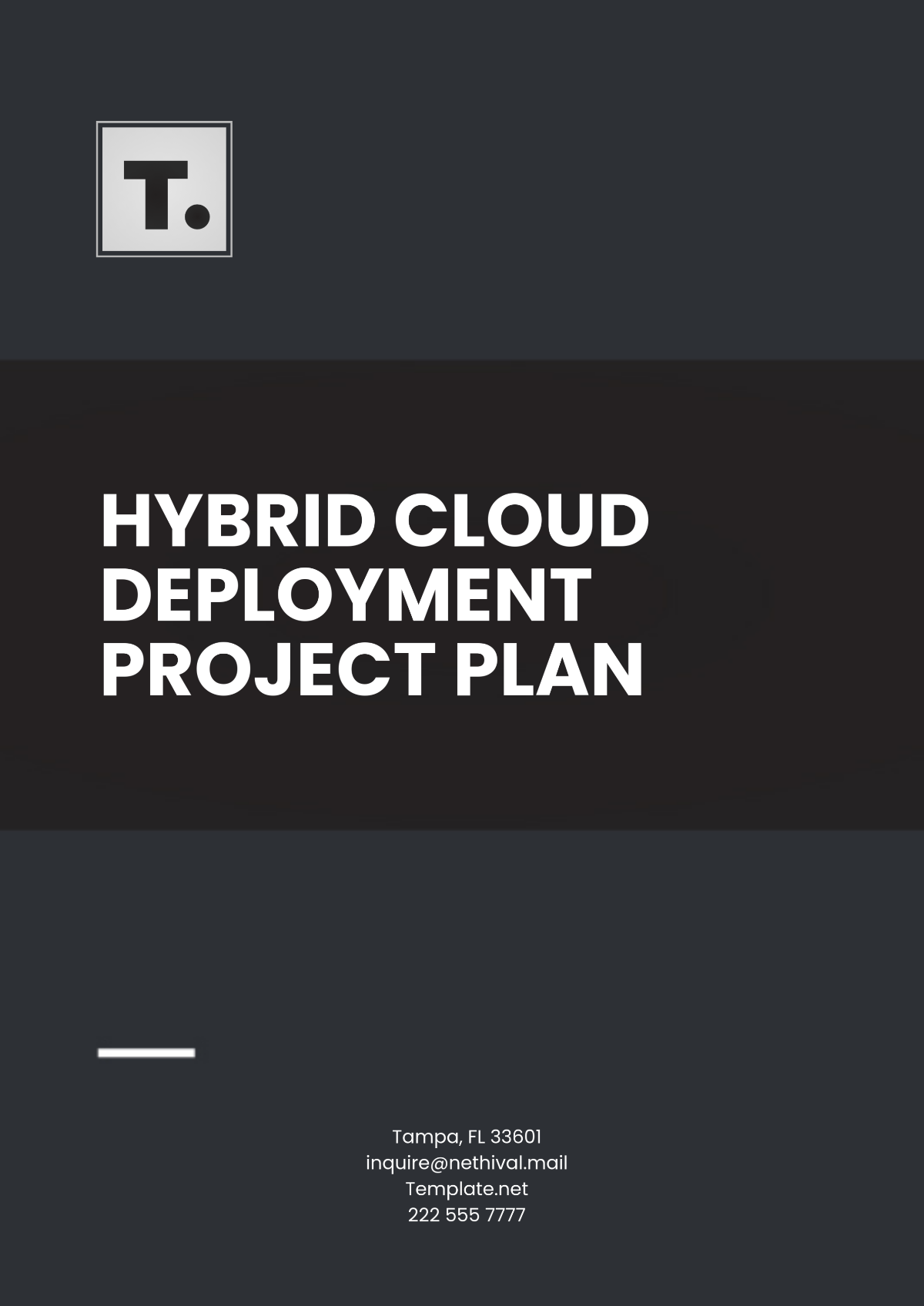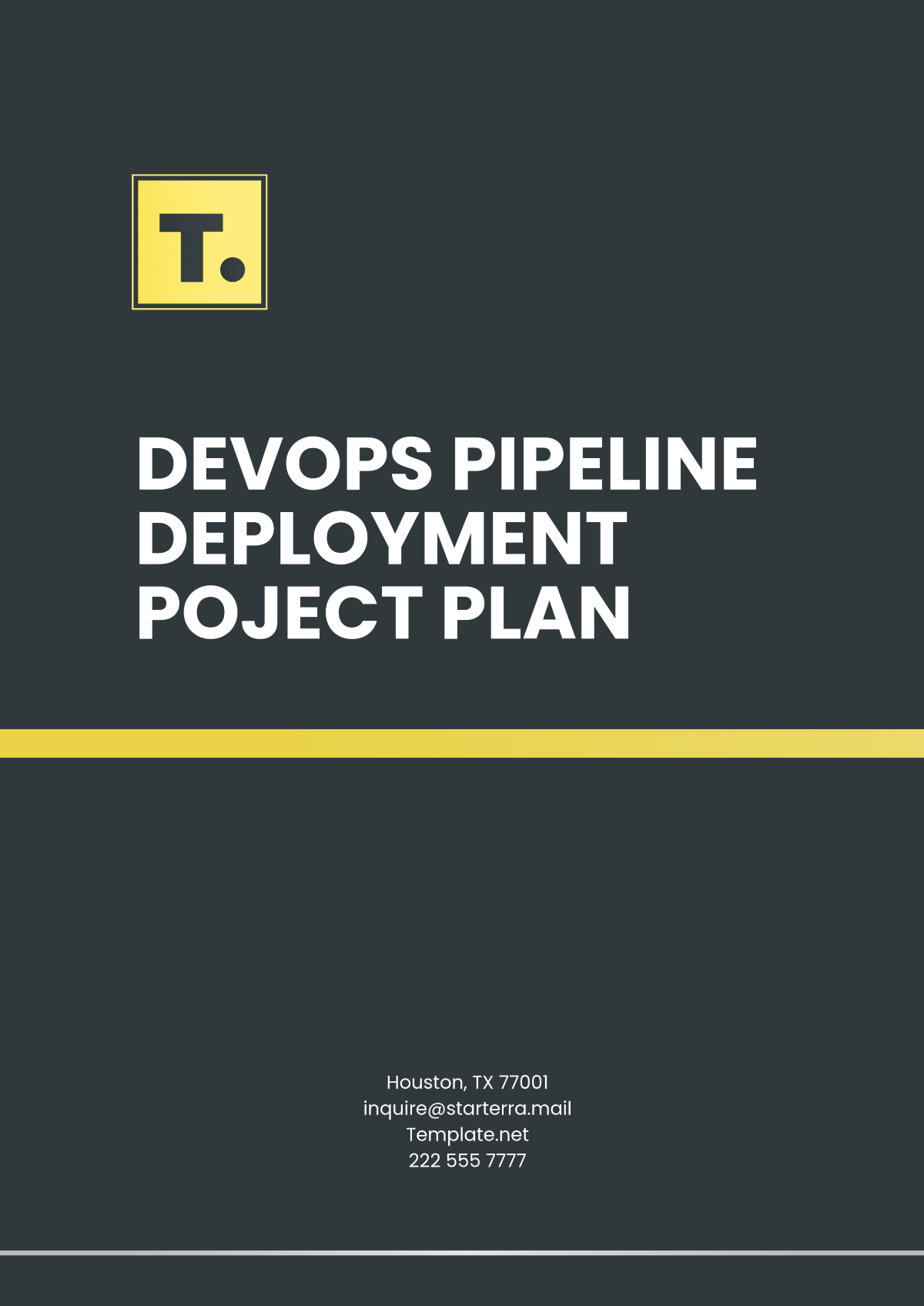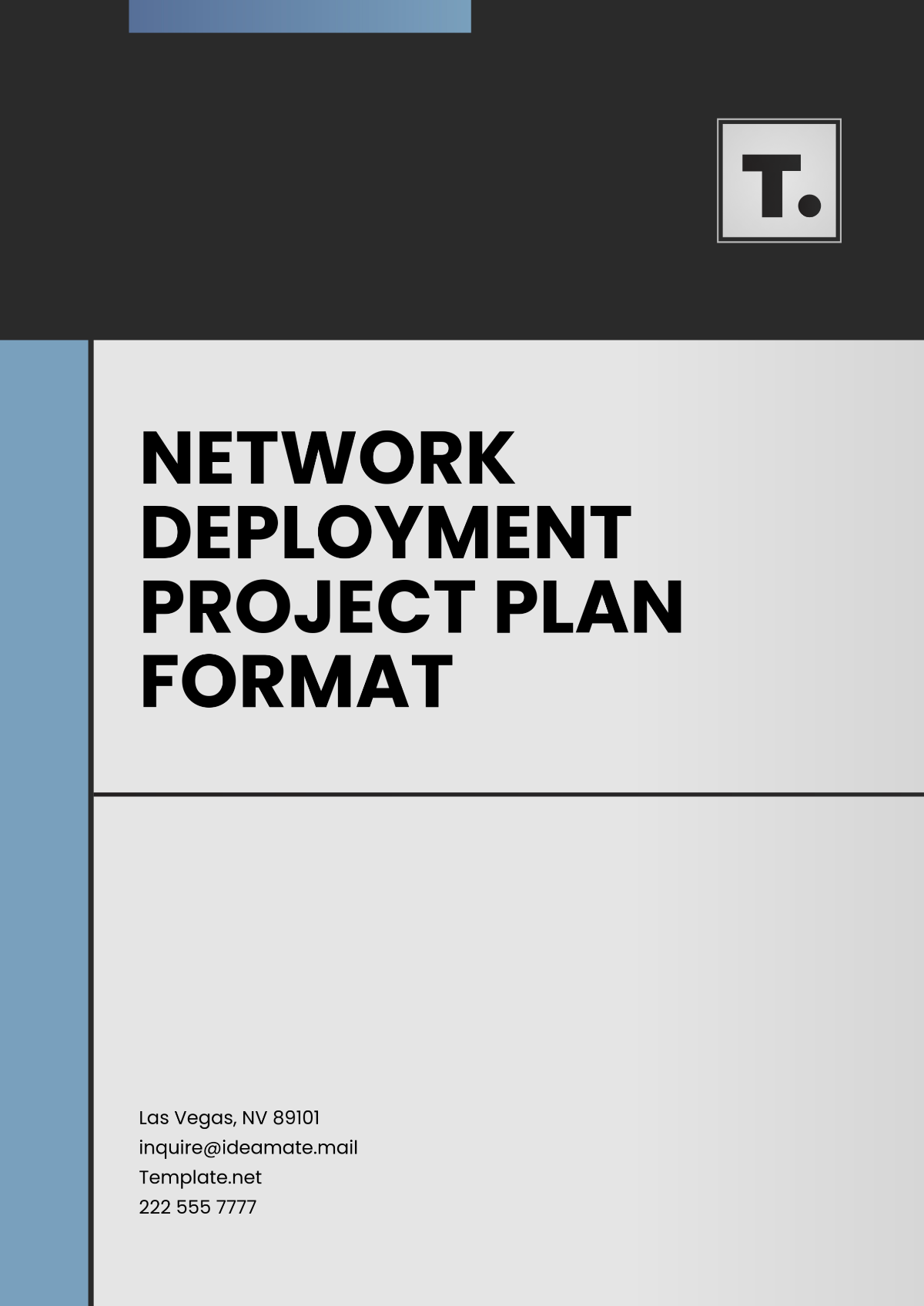Game Development Project Plan Layout
Prepared by: [Your Name], Project Manager
I. Project Overview
1.1 Introduction
Define the purpose of the project and introduce the game concept.
State the primary objective of creating a compelling, high-quality game.
1.2 Company Information
Provide placeholders for company name, address, and social media links.
Aspect | Details |
|---|---|
Company Name | [Your Company Name] |
Company Address | [Your Company Address] |
Company Social Media | [Your Company Social Media] |
1.3 Vision and Mission
Vision: Write a brief statement outlining your company’s long-term aspiration.
Mission: Write a concise statement of your company’s immediate goals for the game.
II. Project Goals and Objectives
2.1 Short-Term Goals
List achievable objectives with specific deadlines.
2.2 Long-Term Goals
Describe goals for the project’s post-launch phase.
III. Project Scope
3.1 Game Concept and Genre
Describe the game’s genre and unique features.
3.2 Core Gameplay Mechanics
Highlight the main gameplay mechanics and features.
3.3 Target Audience
Define the age group and interests of the intended players.
IV. Development Strategy
4.1 Team Structure
Outline roles and responsibilities with placeholders for names.
Role | Name |
|---|---|
Project Manager | |
Lead Developer | |
Game Designer | |
QA Tester |
4.2 Development Phases
Break the project into clear phases with specified timeframes.
Phase | Timeframe |
|---|---|
Concept and Design | |
Prototype Development | |
Testing and Feedback | |
Final Development | |
Launch |
4.3 Tools and Technologies
List the tools and technologies with descriptions.
Tool/Technology | Description |
|---|---|
Game Engine | Unity 3D |
Programming Languages | C#, JavaScript |
Art and Design Tools | Adobe Photoshop, Blender |
V. Budget and Resources
5.1 Estimated Budget
Provide placeholders for the estimated budget and its allocation.
5.2 Resource Allocation
Detail how resources are distributed across teams and tasks.
Expense Category | Allocation |
|---|---|
Development Team Salary | |
Software and Tools | |
Marketing and Promotion |
VI. Risk Management
6.1 Potential Risks
Identify potential risks and propose mitigation strategies.
6.2 Contingency Plans
Provide plans to address significant challenges during development.
VII. Timeline and Milestones
7.1 Timeline
Break the project into phases with associated timeframes.
7.2 Key Milestones
List critical achievements and their target dates.
Milestone | Target Date |
|---|---|
Complete Game Design Document | |
Prototype Review | |
Beta Testing | |
Final Game Approval | |
Game Launch |
VIII. Post-Launch Strategy
8.1 Marketing and Promotion
Outline promotional strategies, including social media, influencers, and advertisements.
8.2 Customer Support
Define support channels and mechanisms for player feedback.
8.3 Future Updates and Expansions
Detail plans for updates and expansions post-launch.
IX. Conclusion
Summarize the overall plan and its objectives.
Reinforce the vision and mission of the project.
